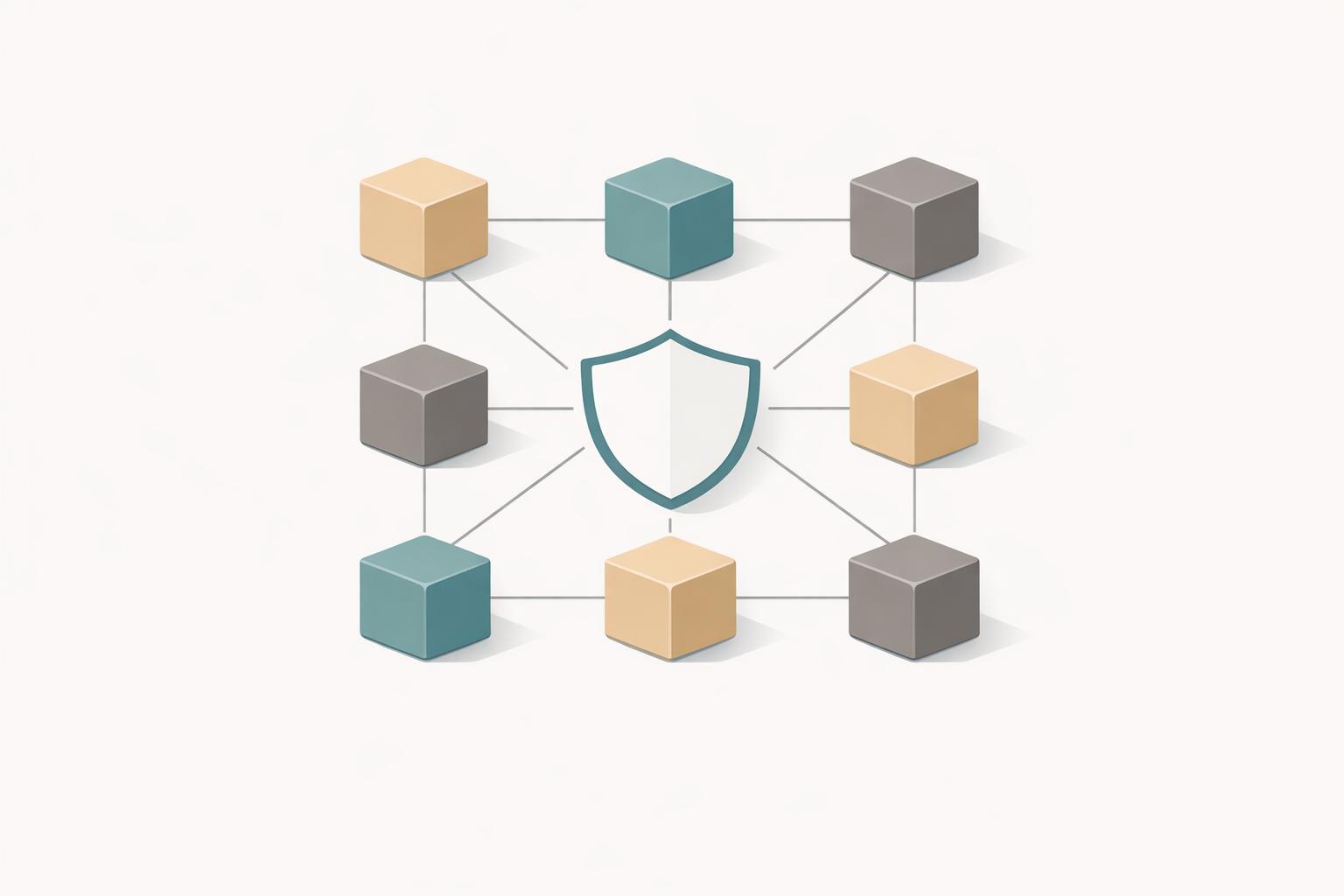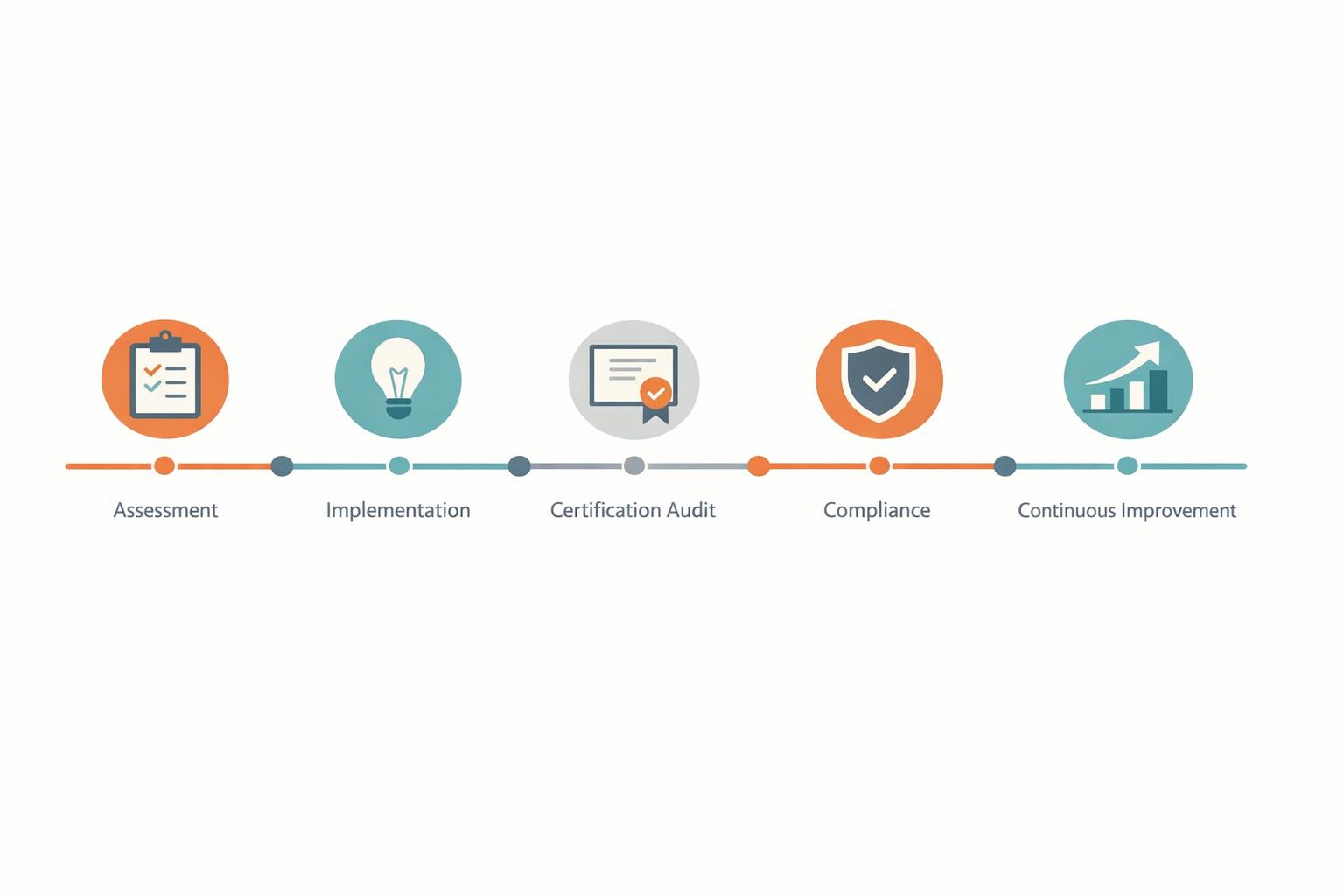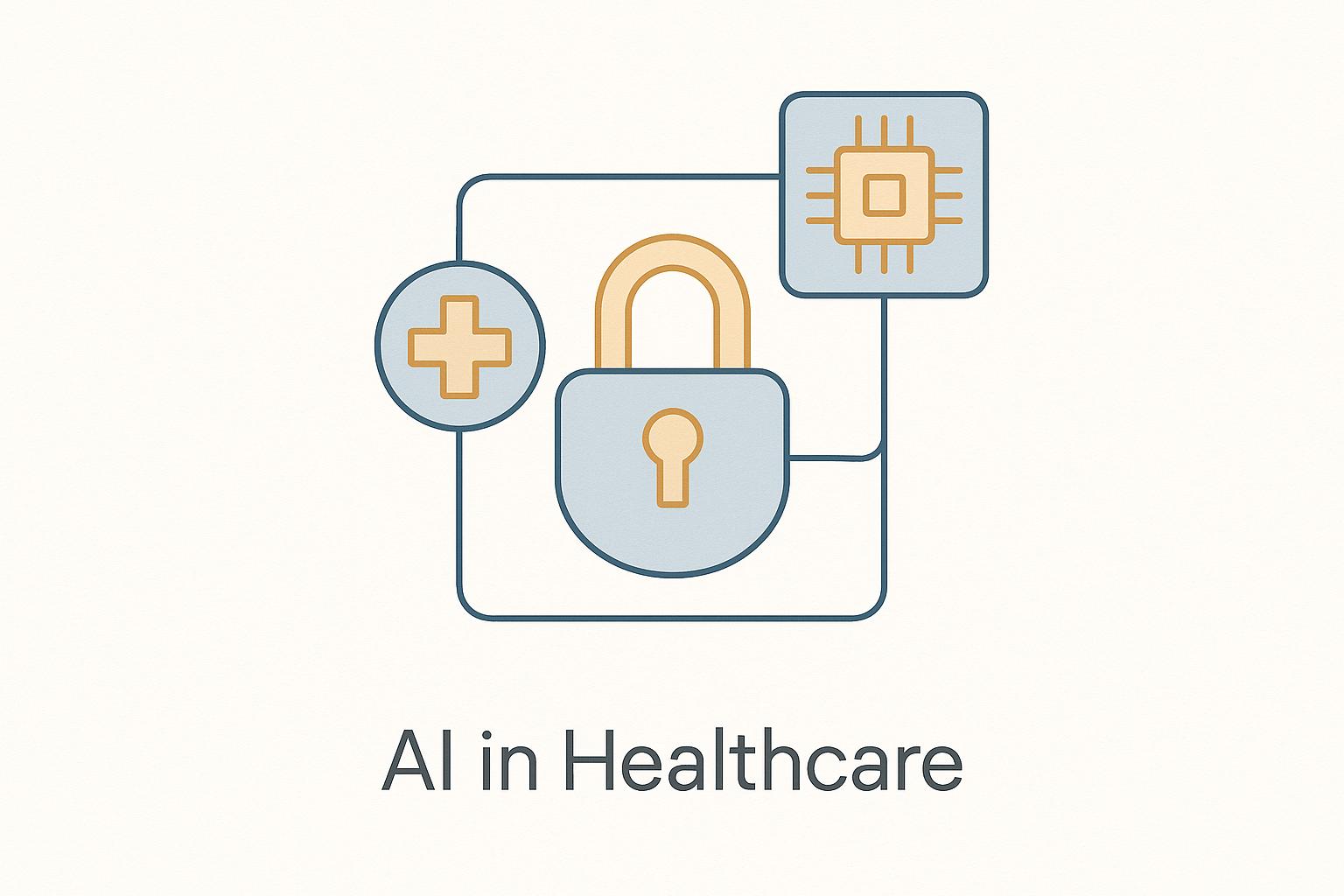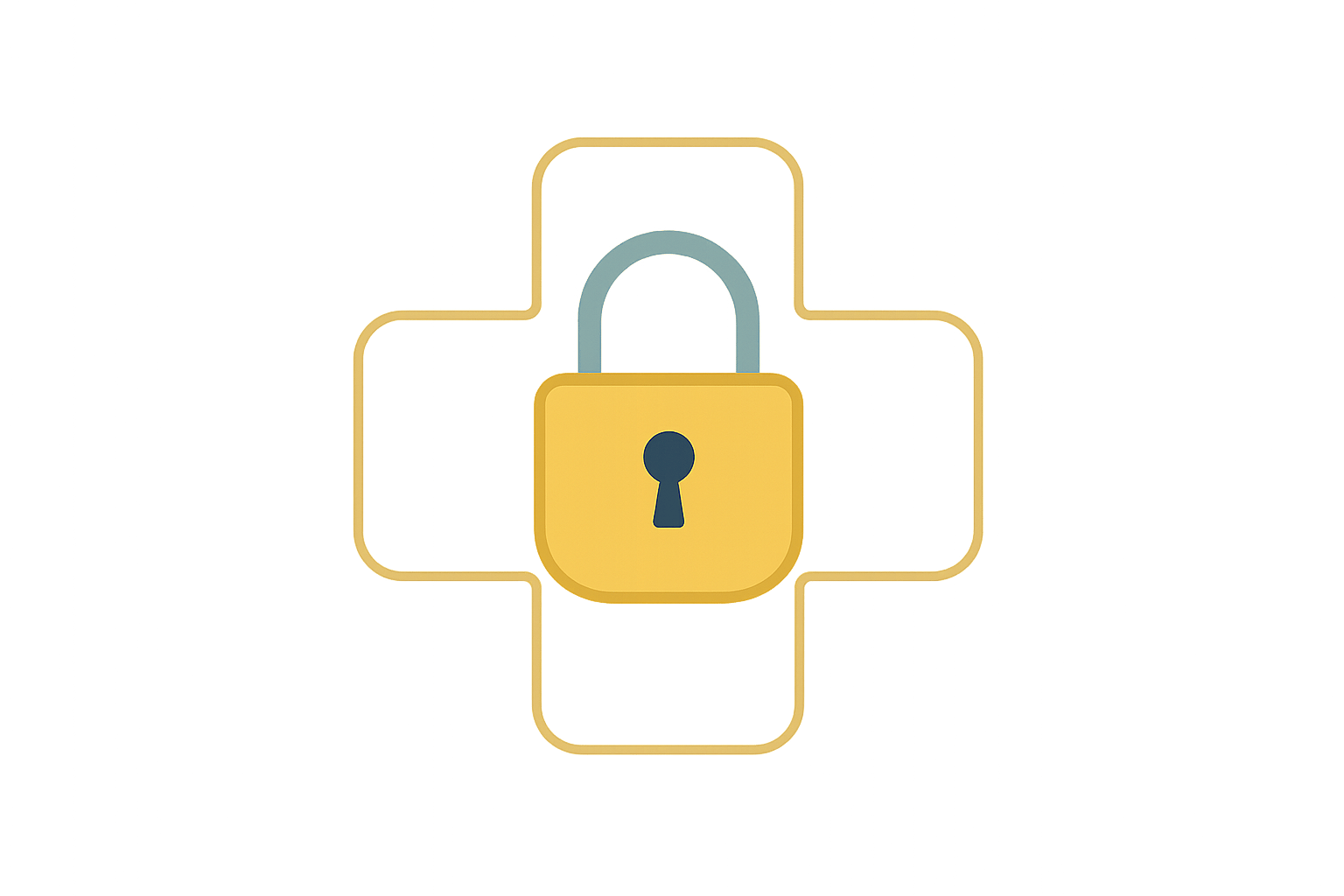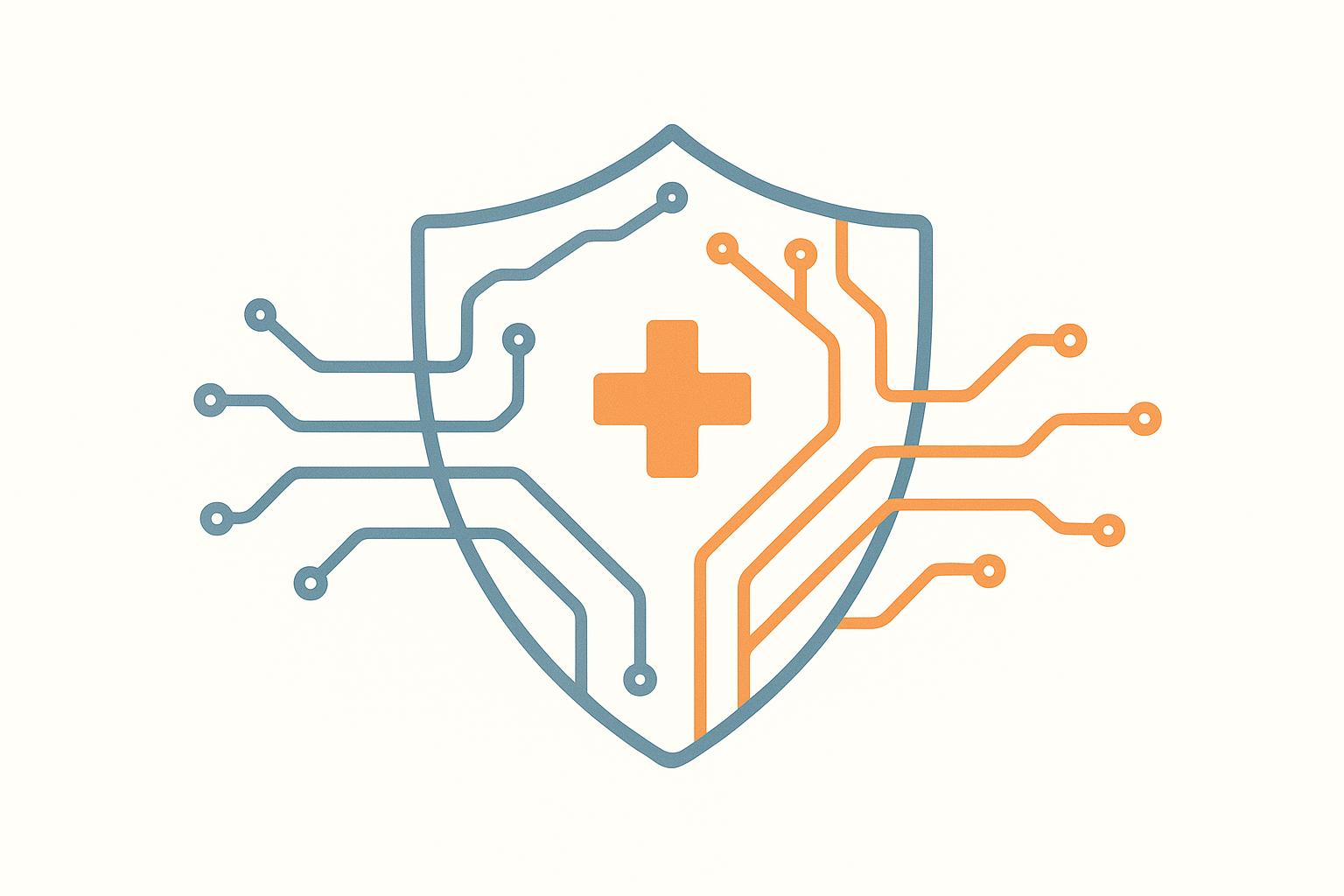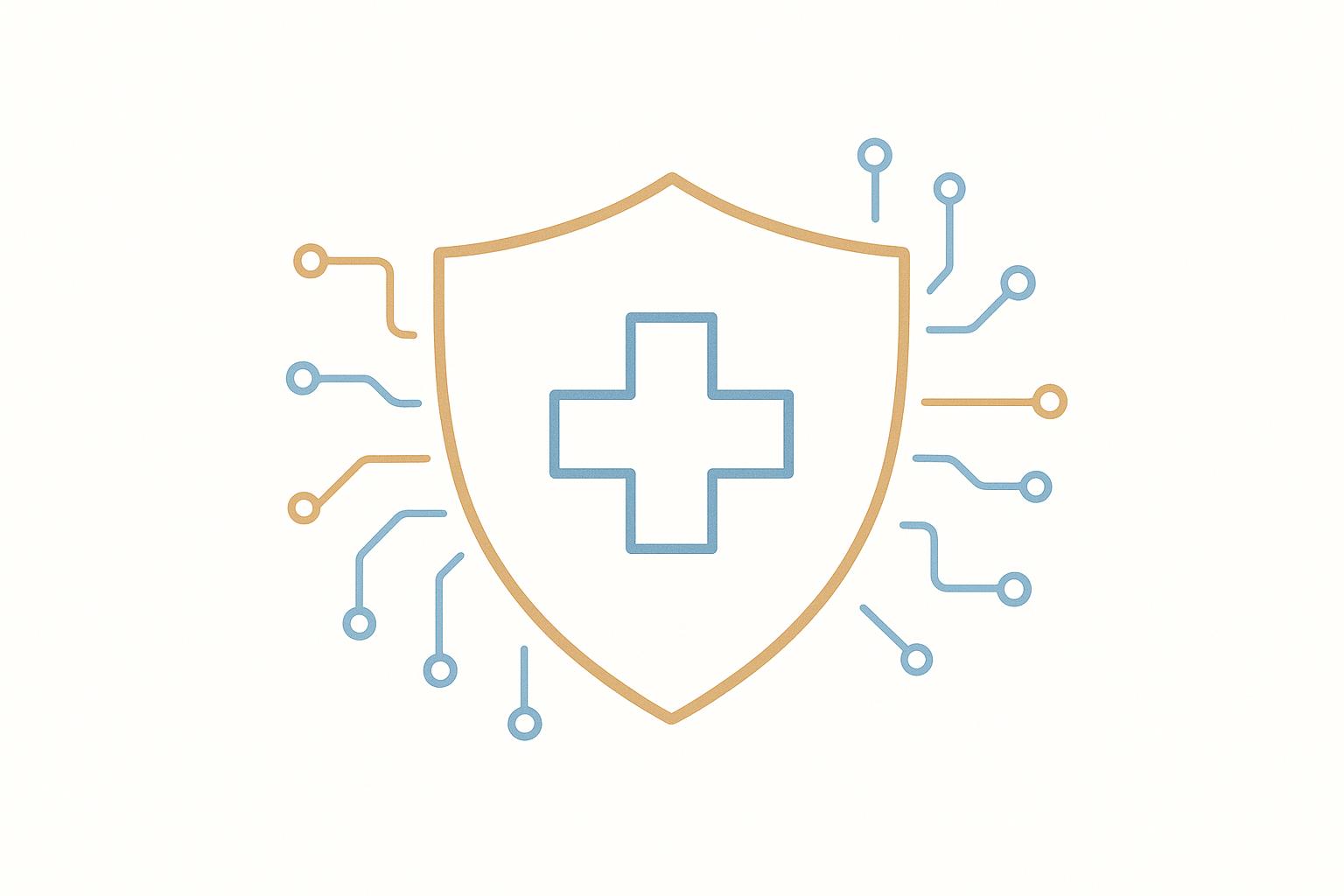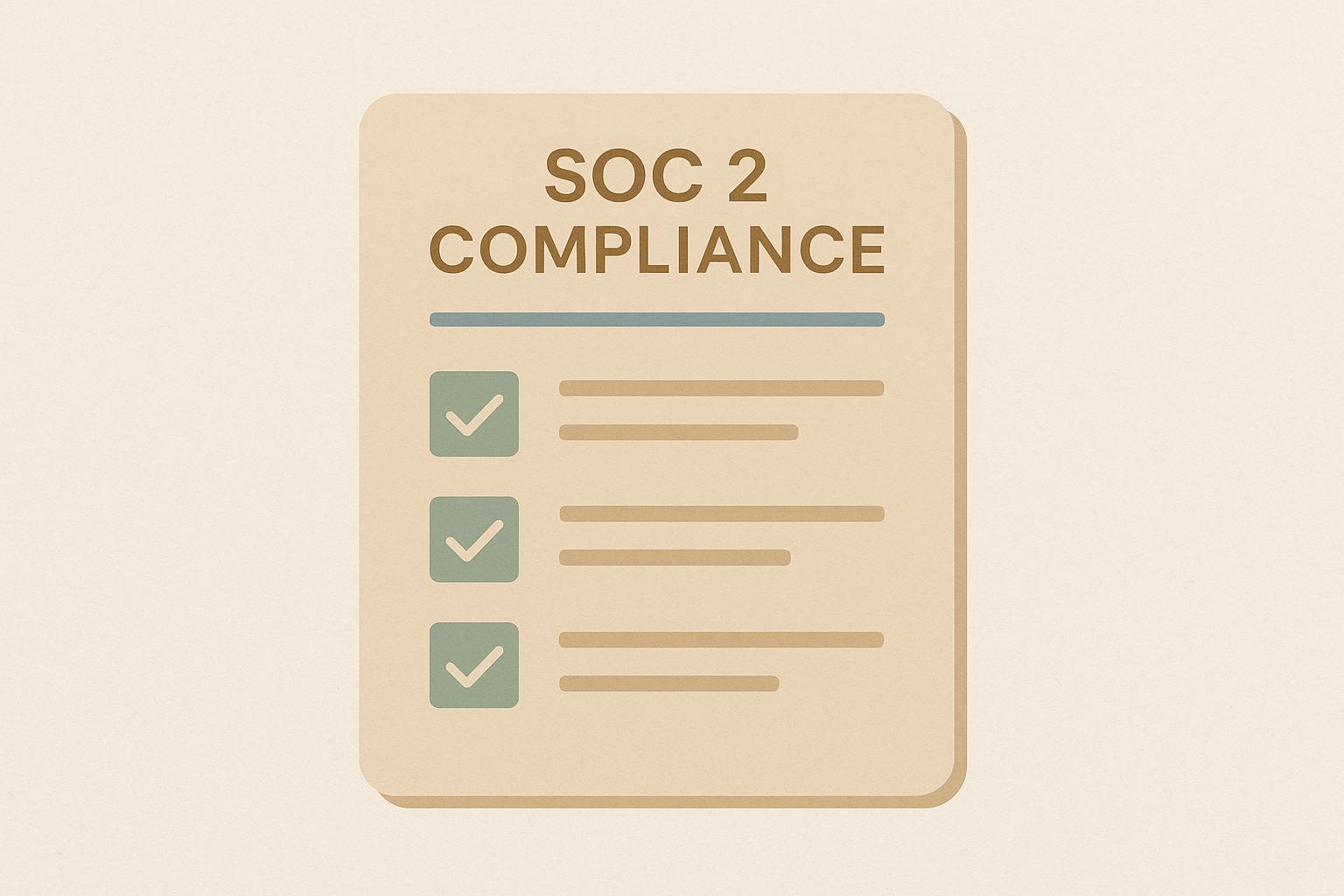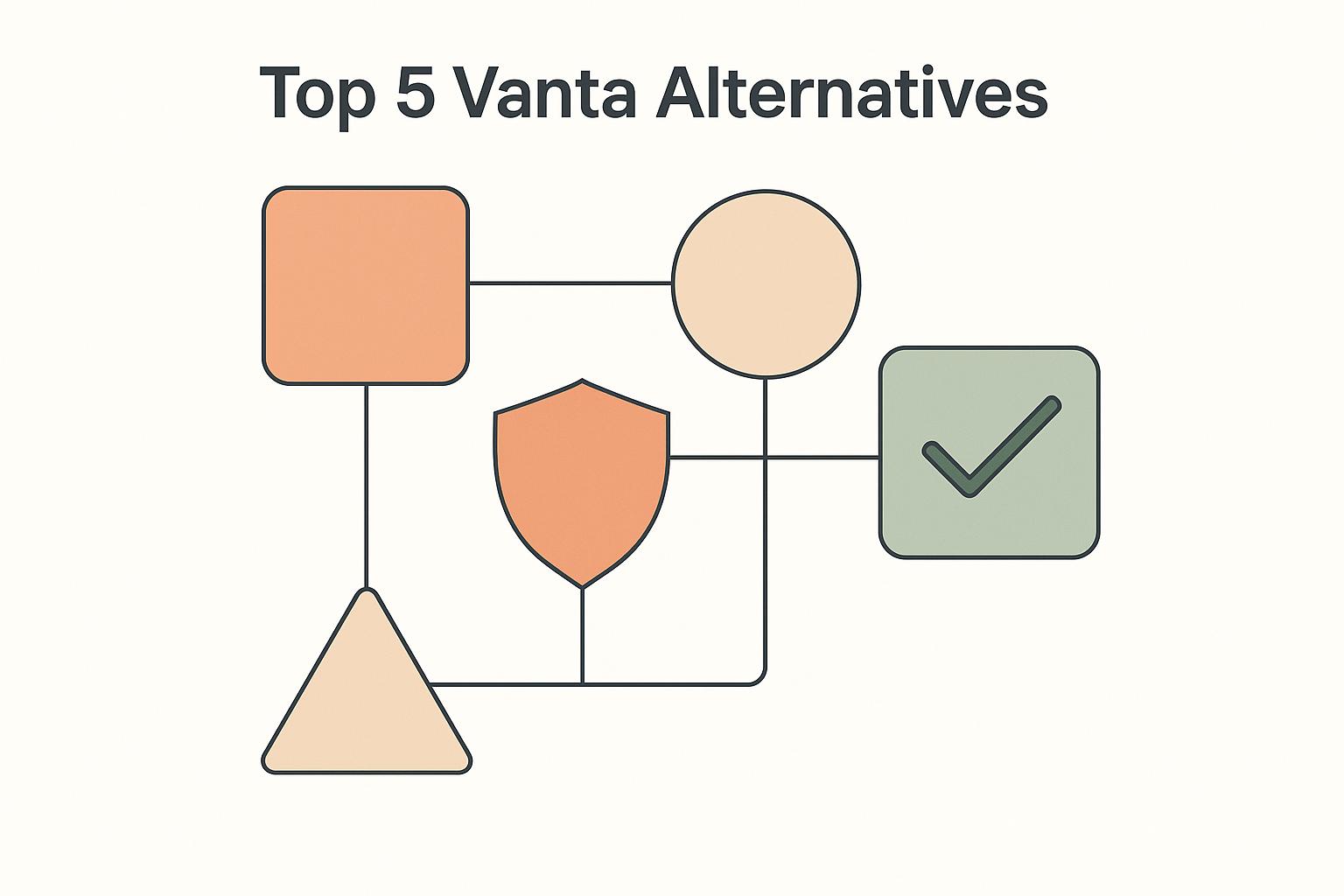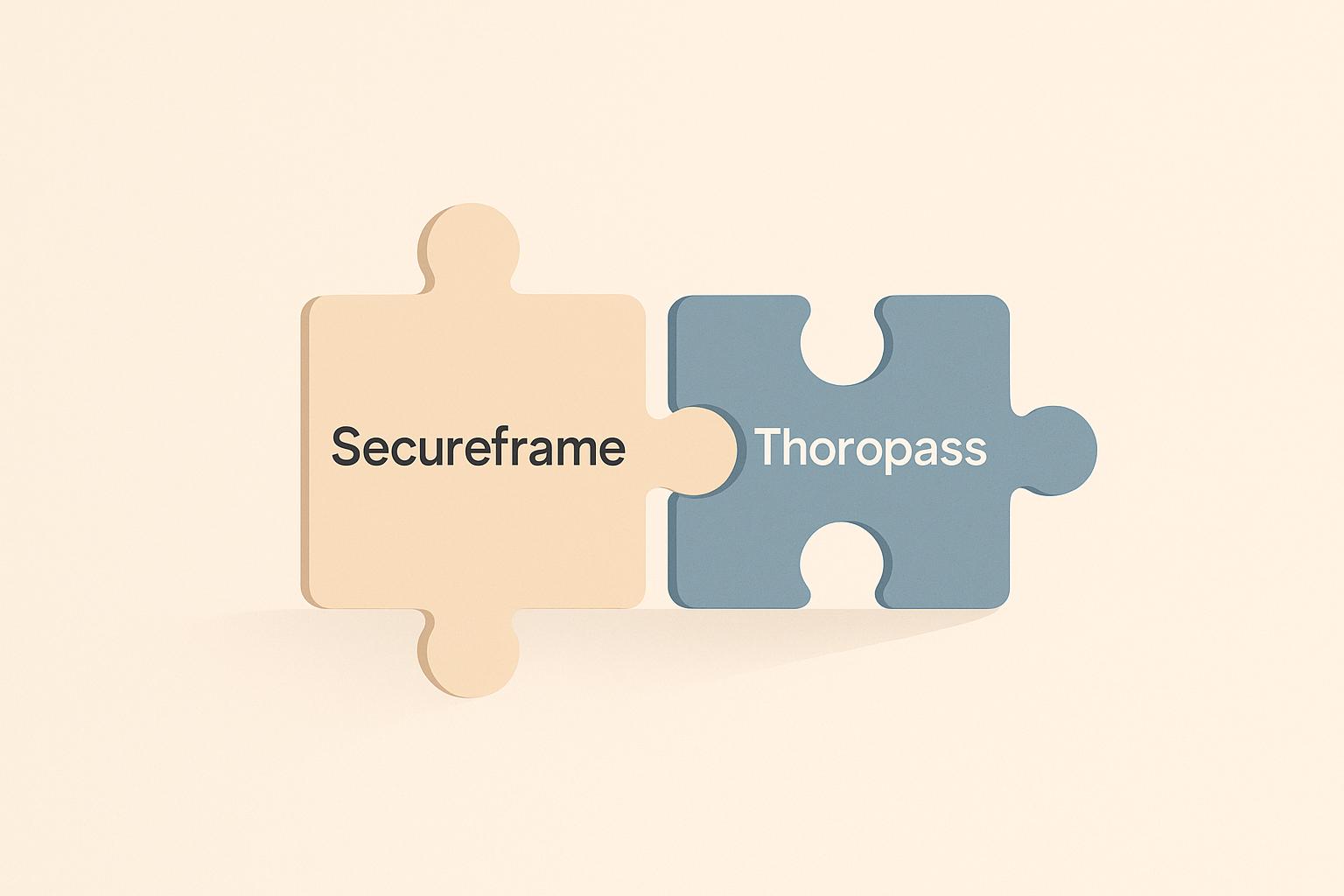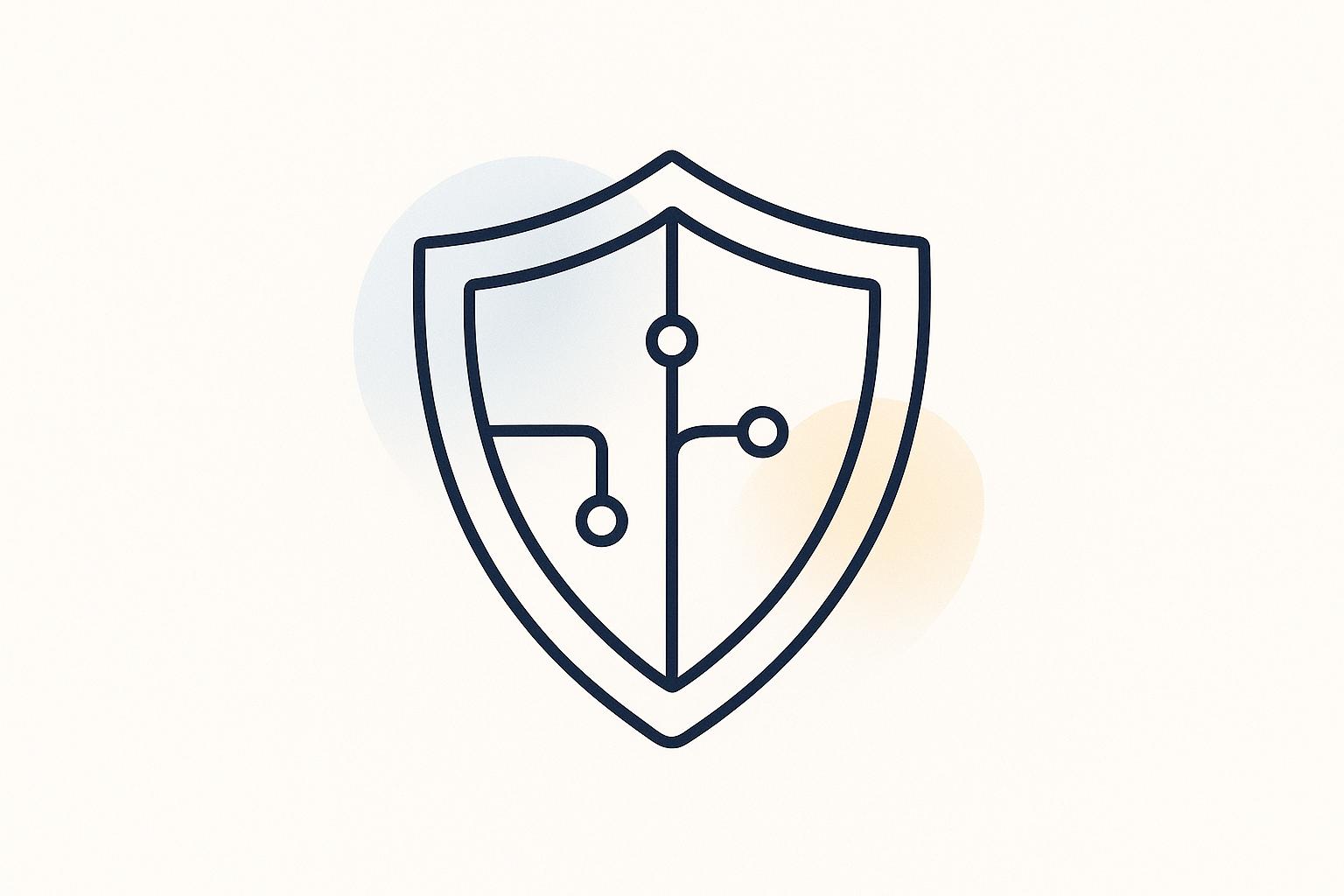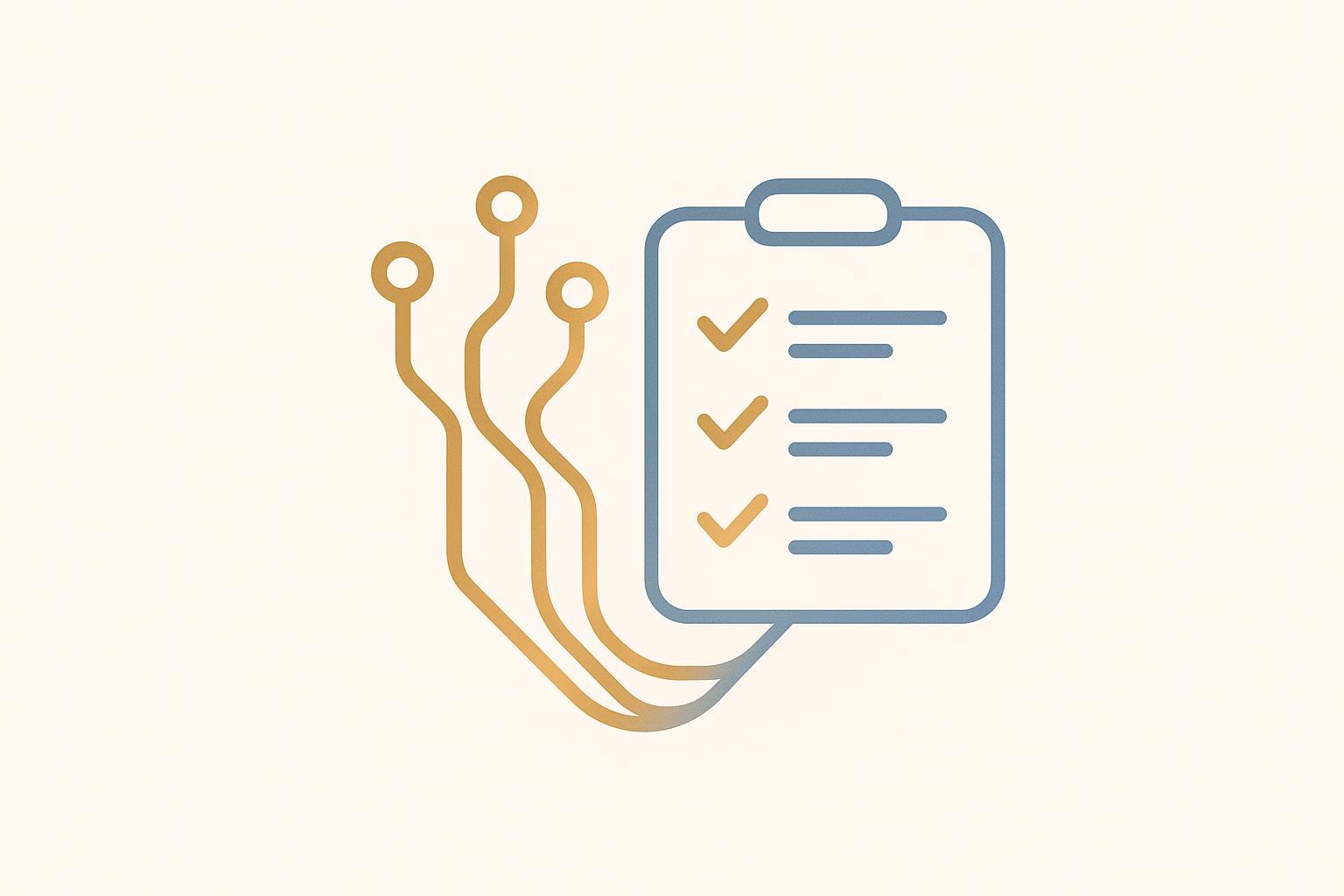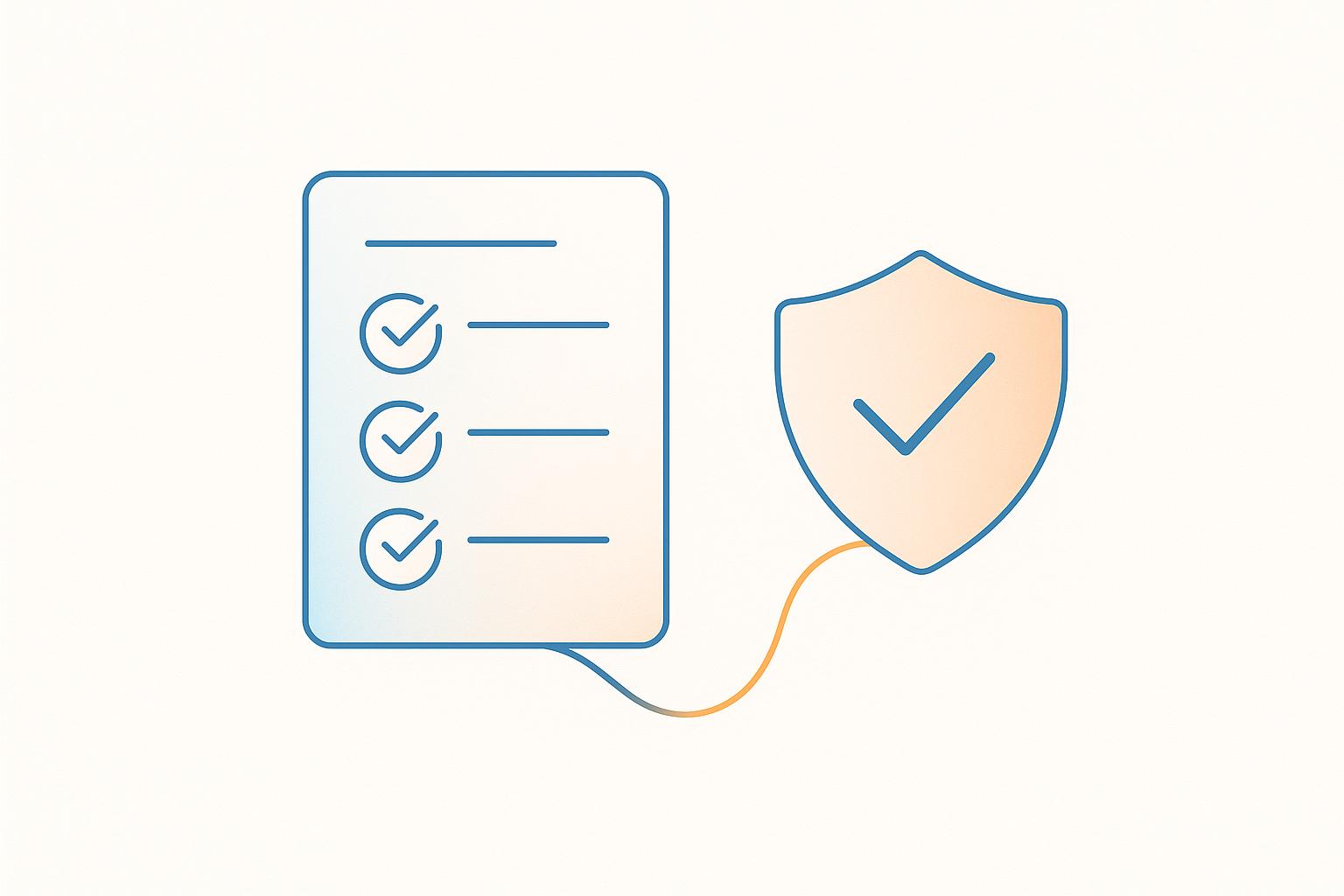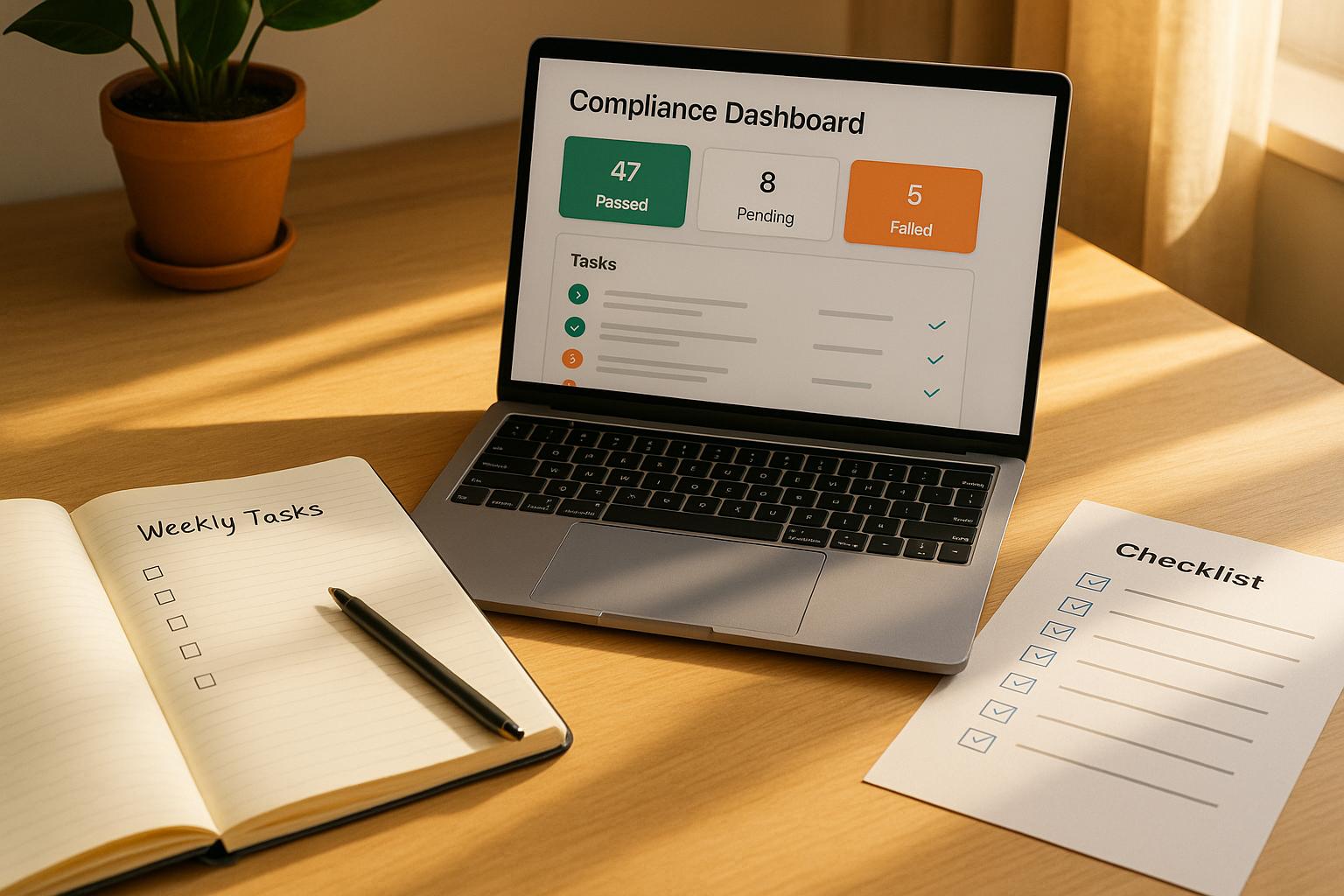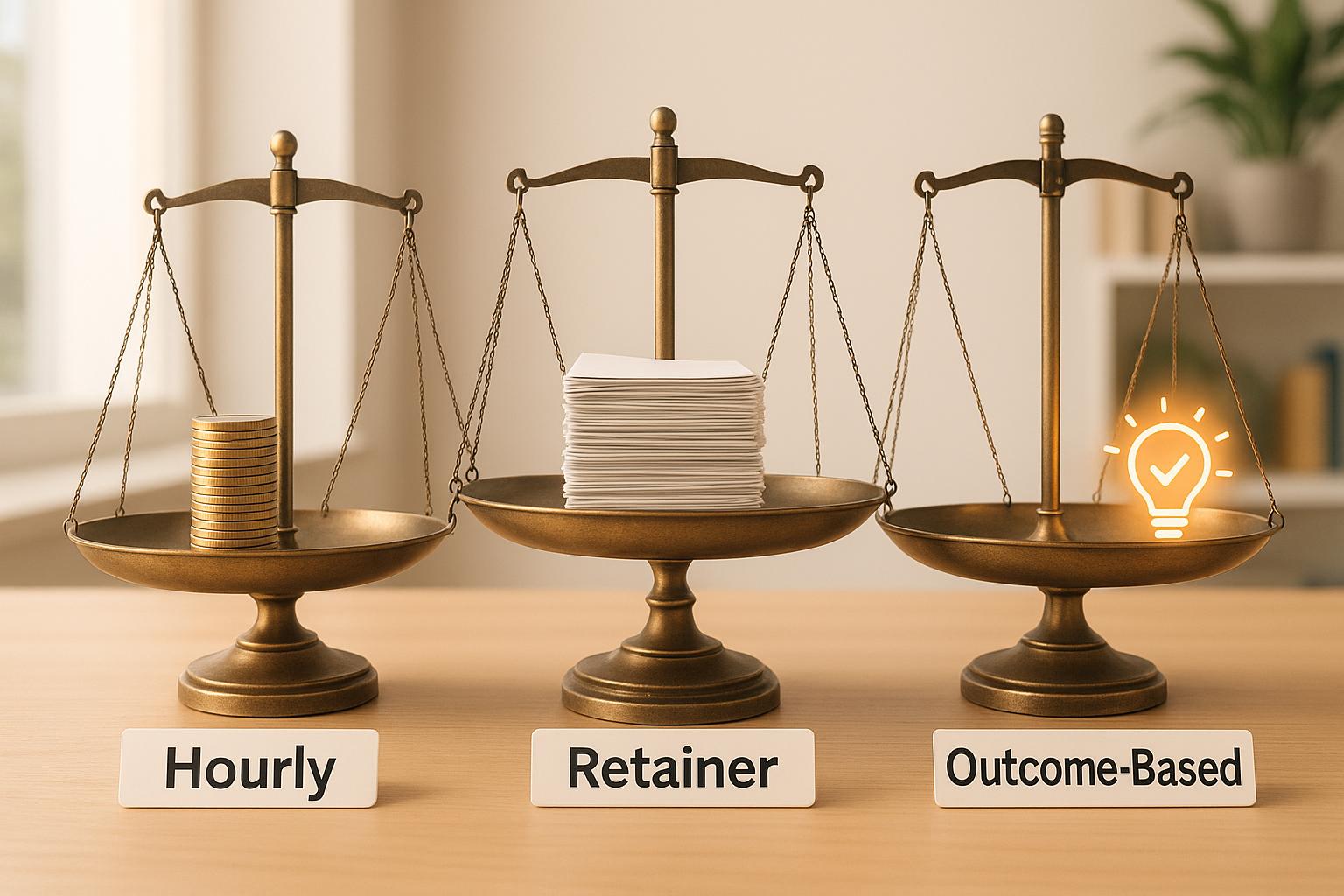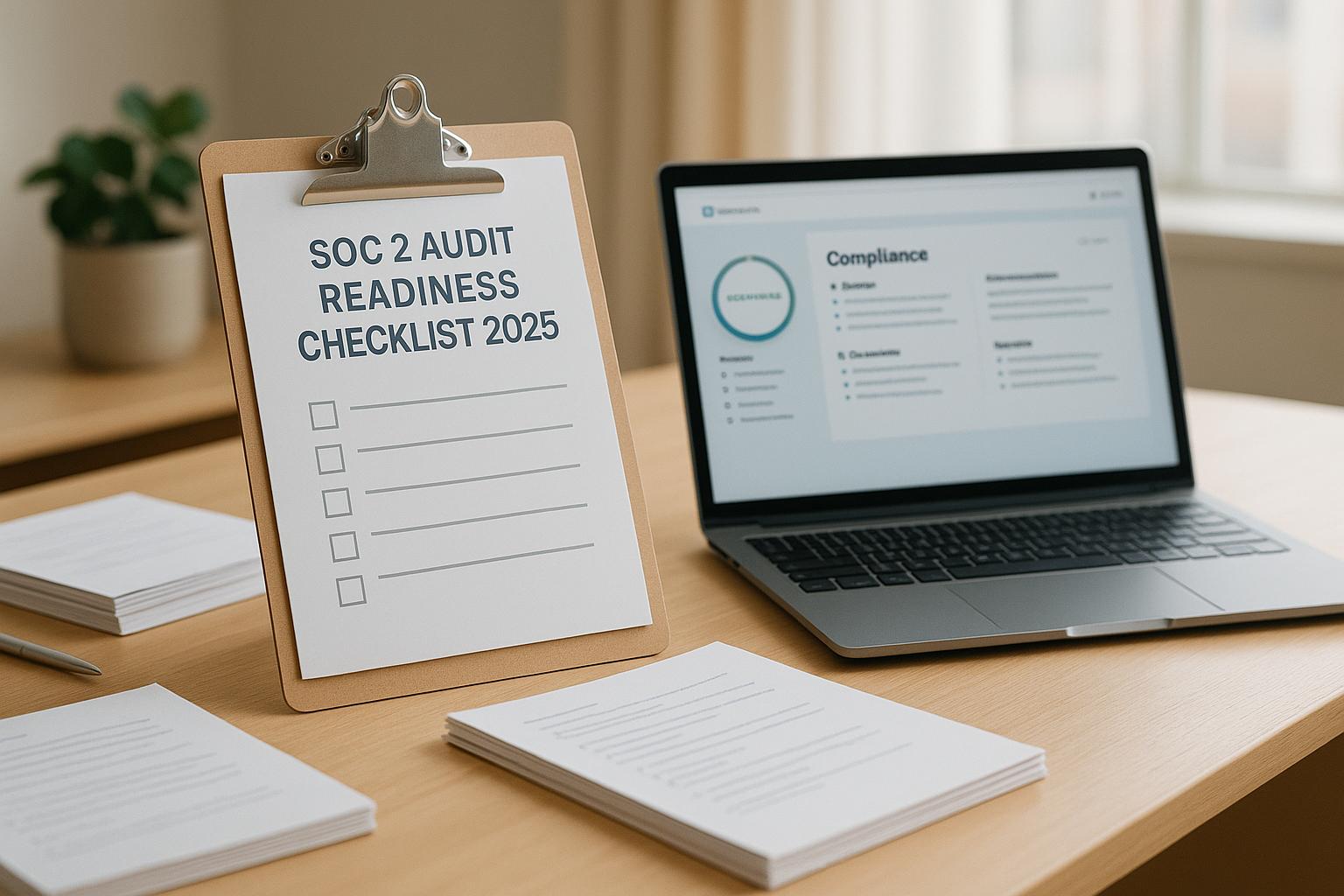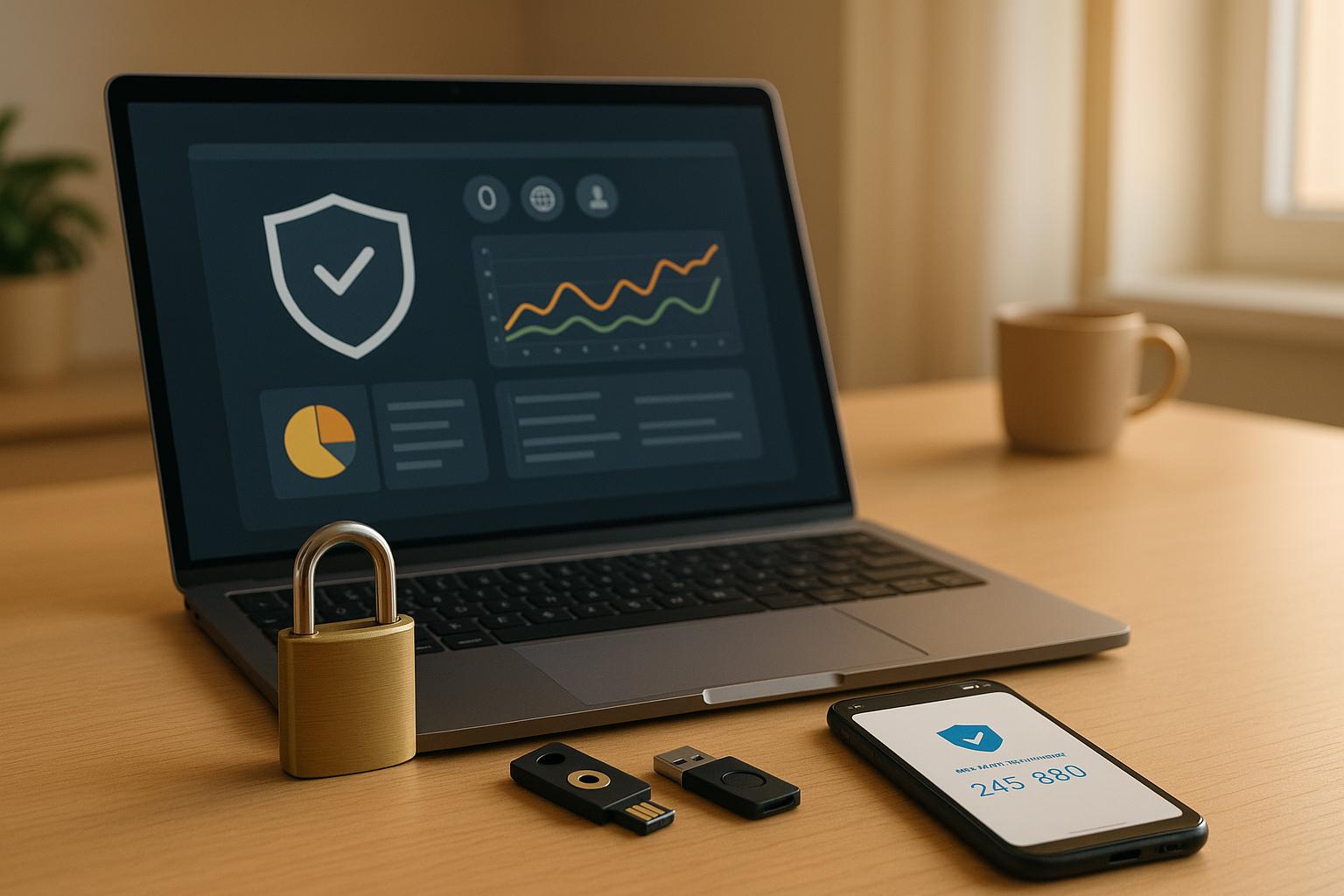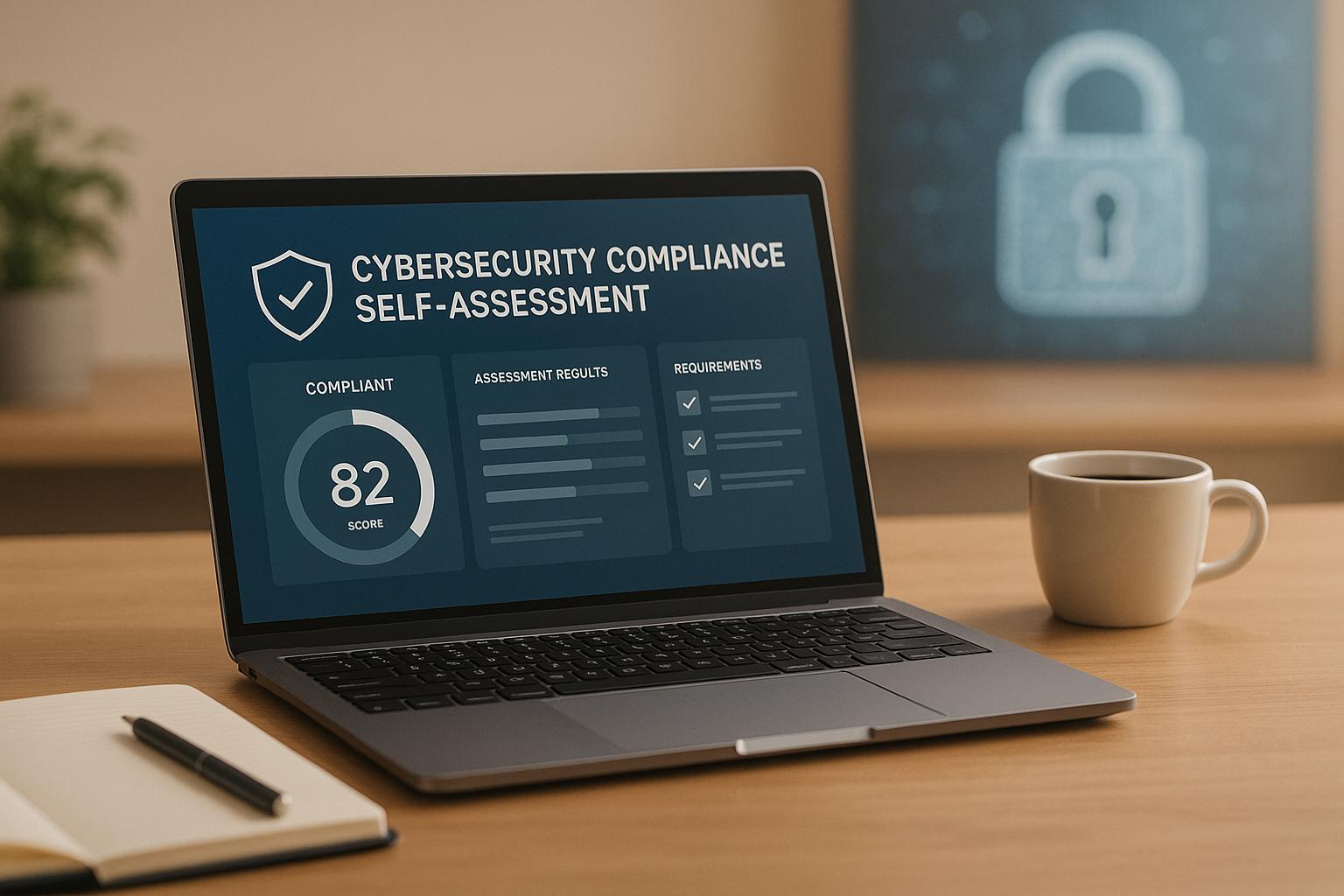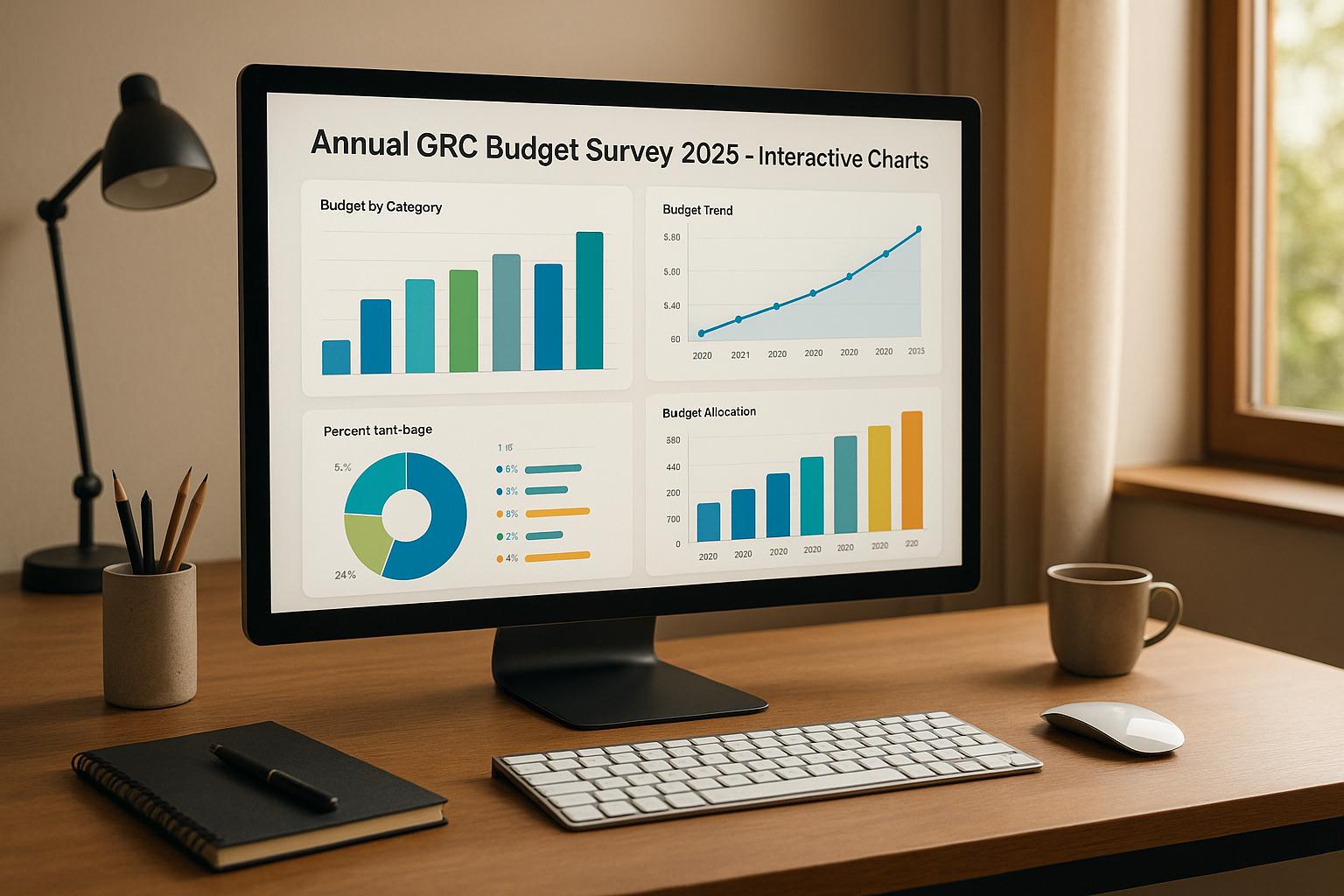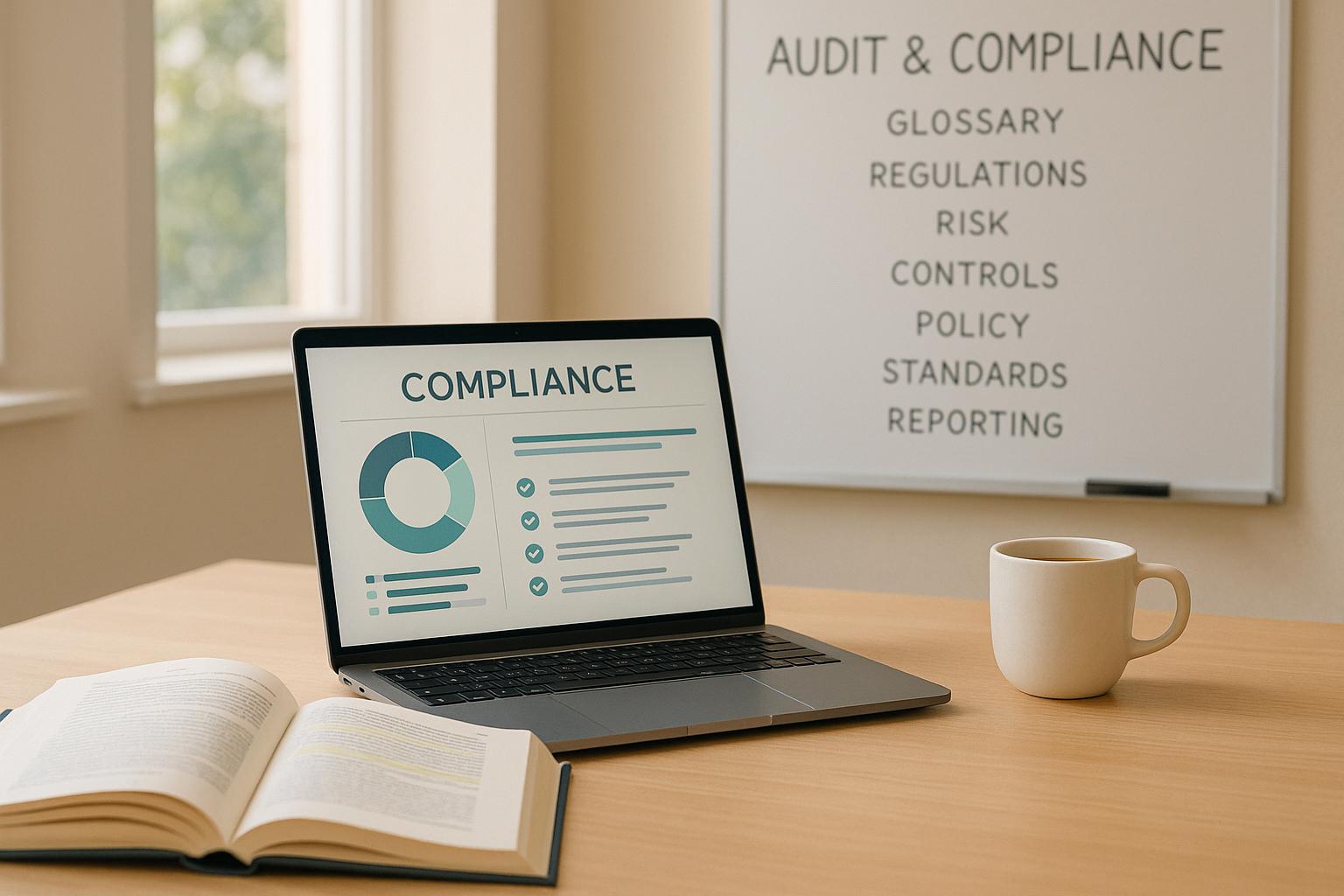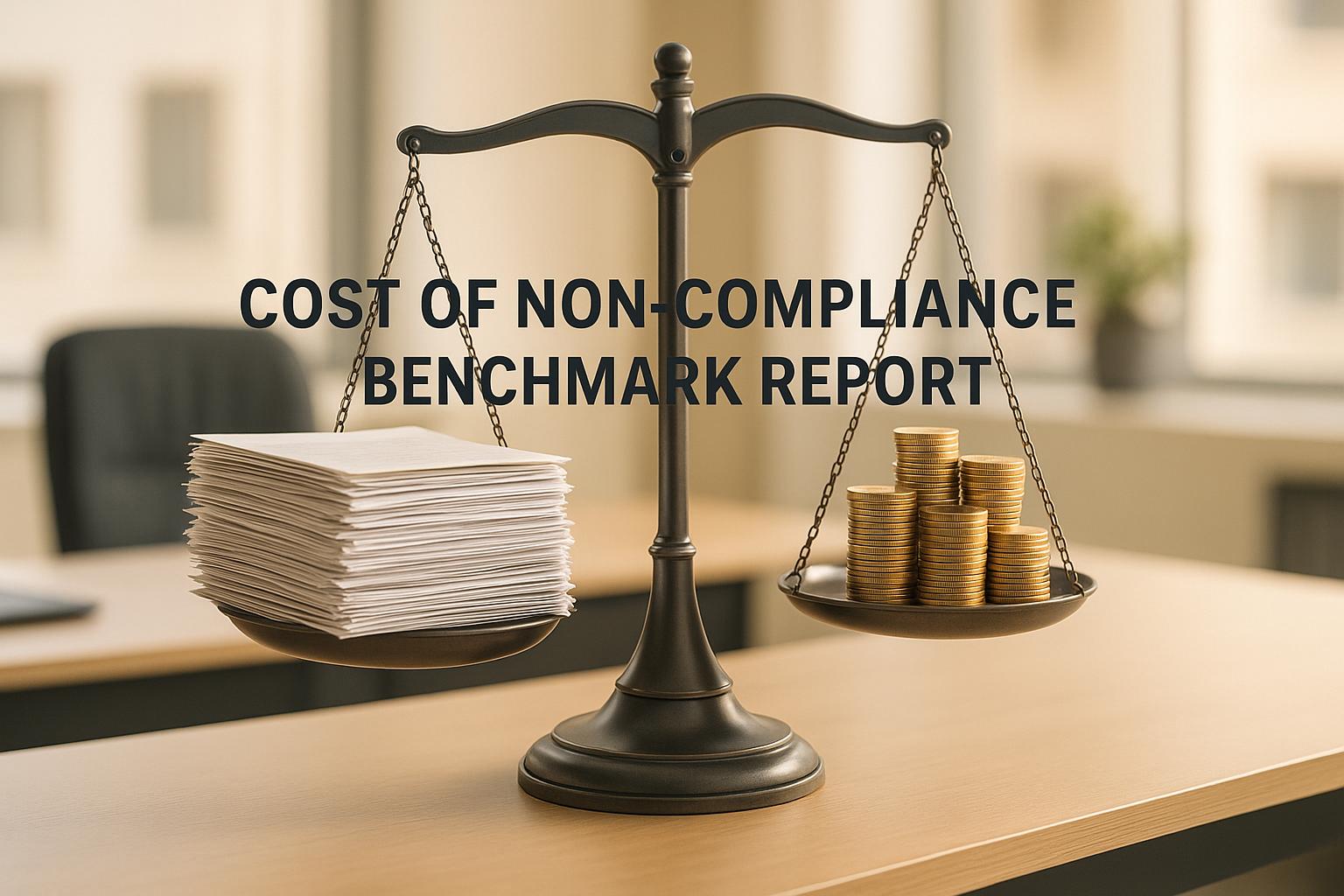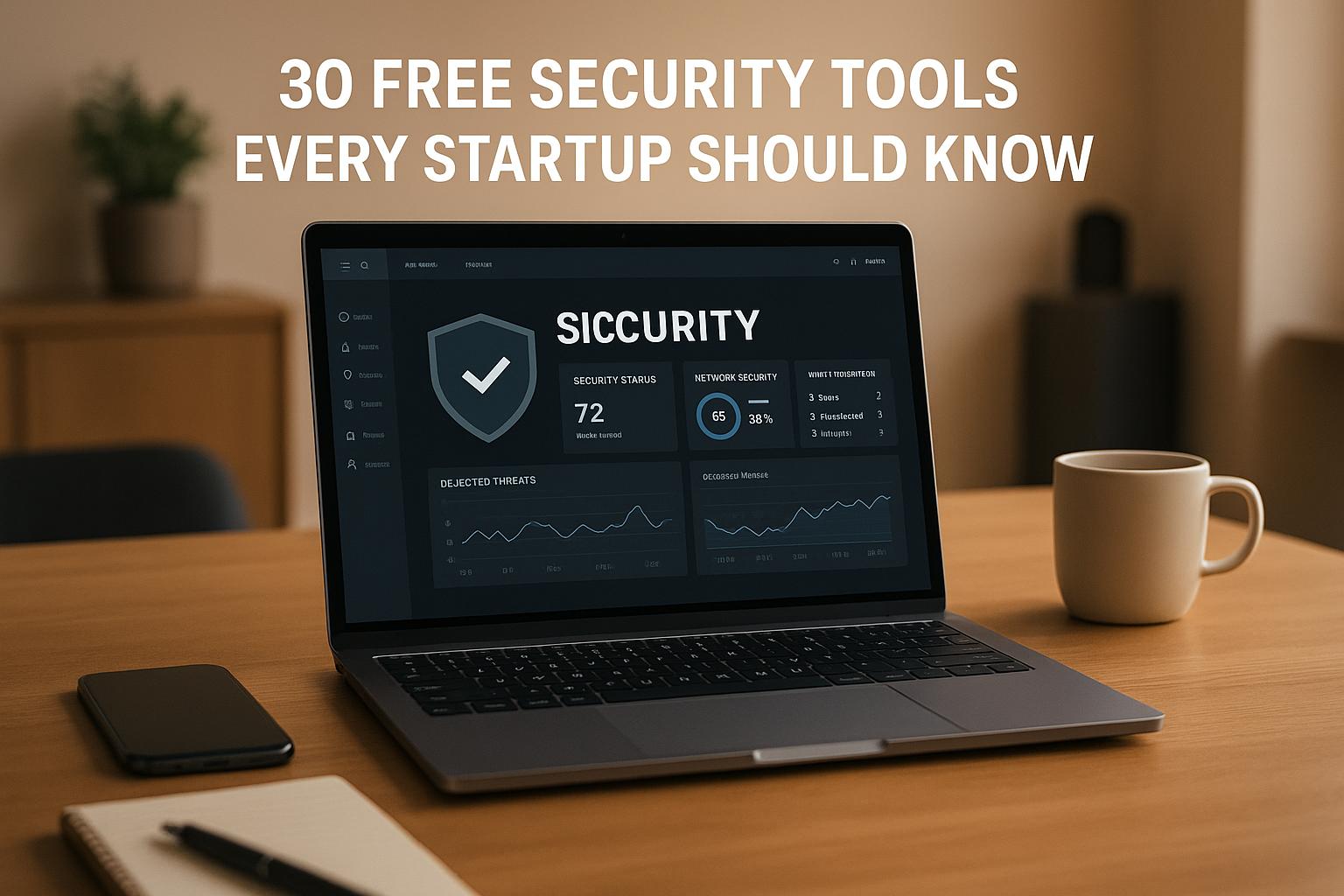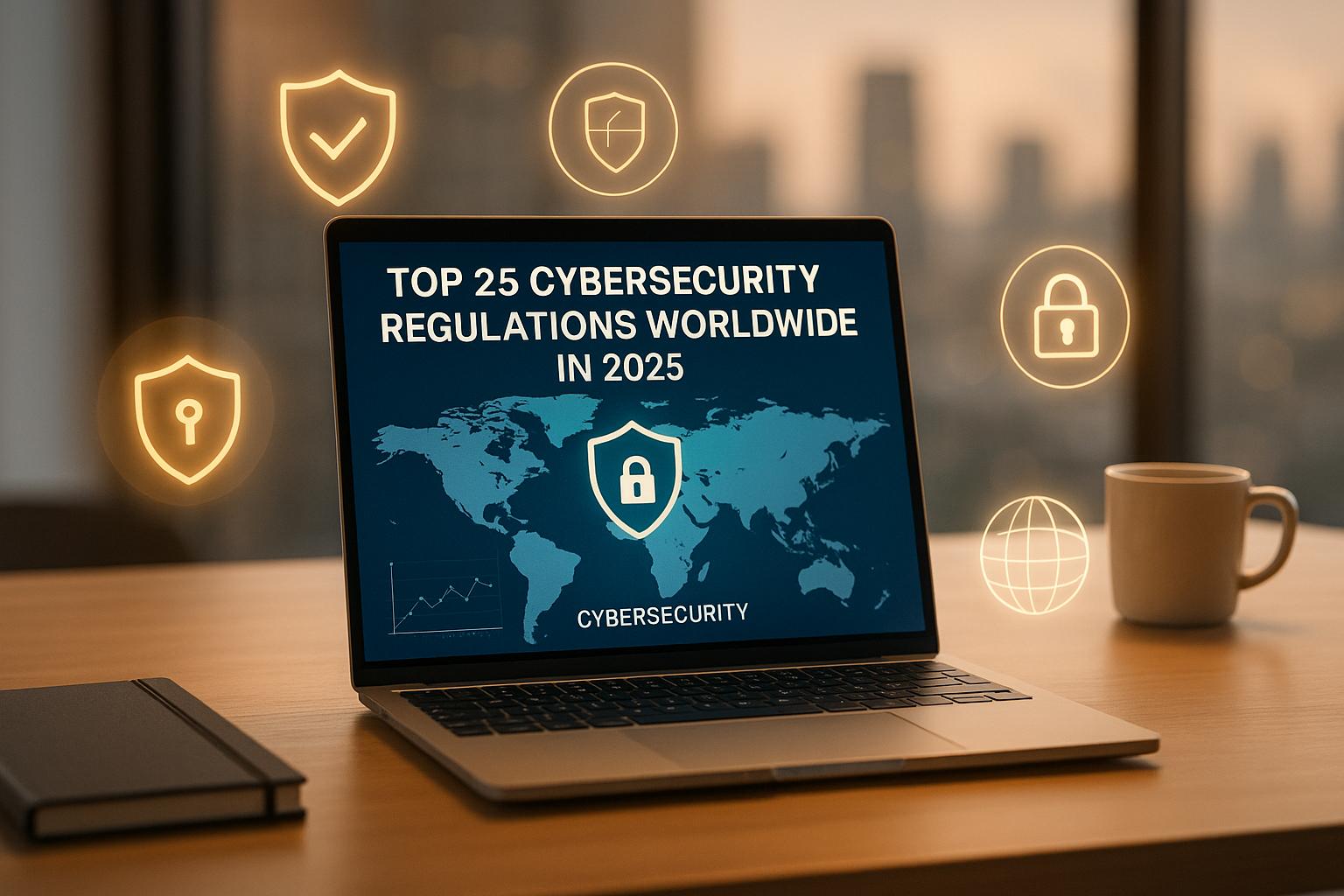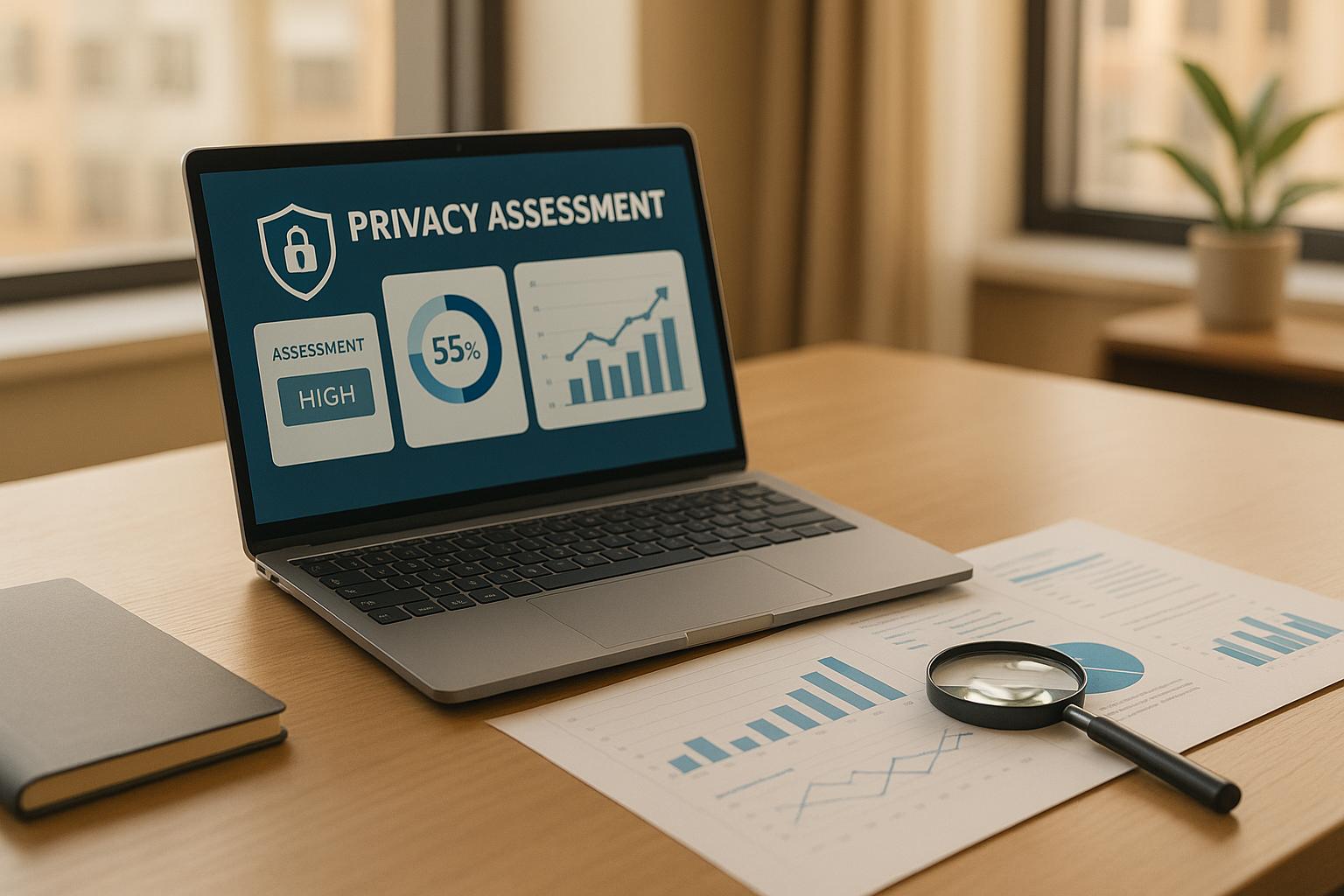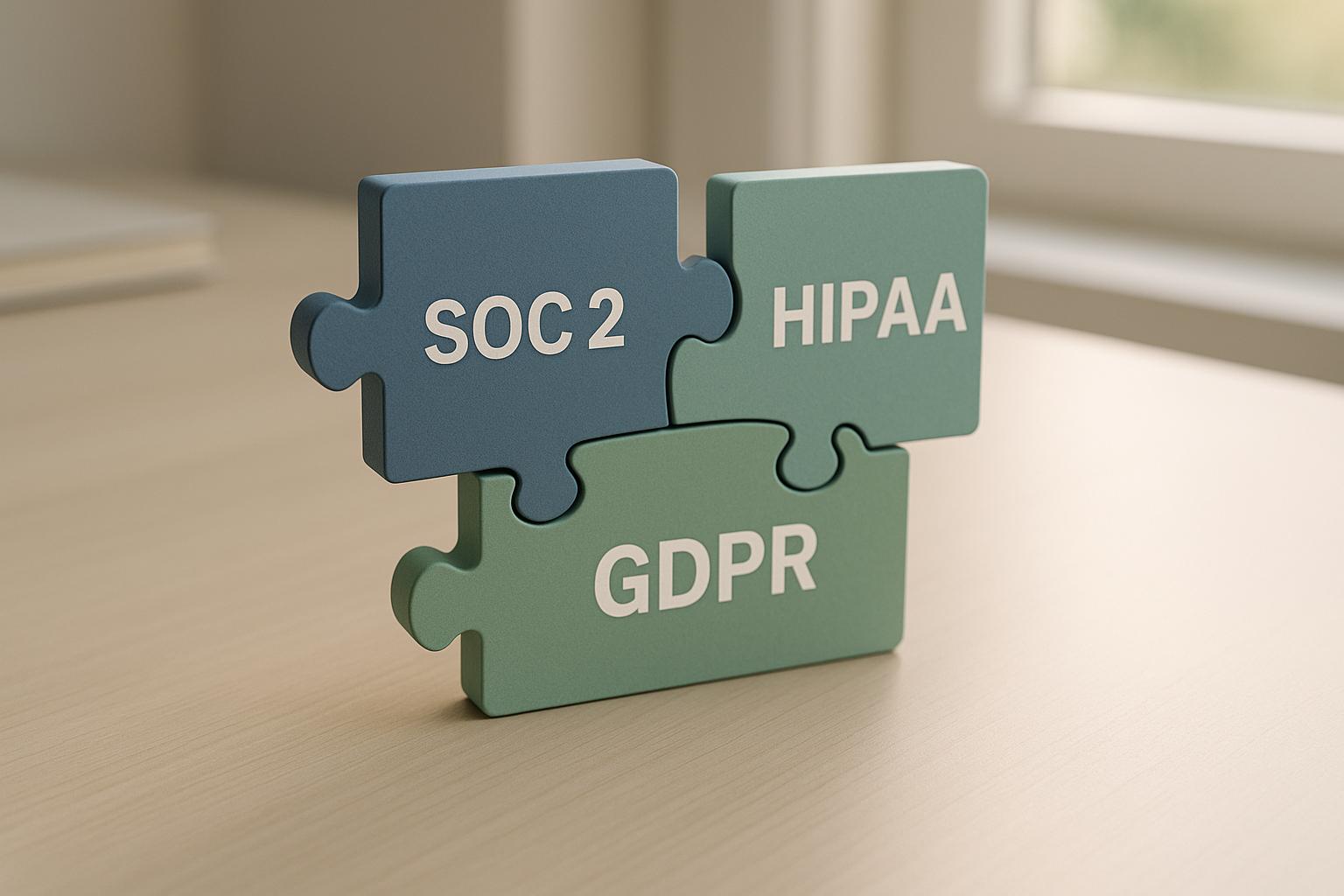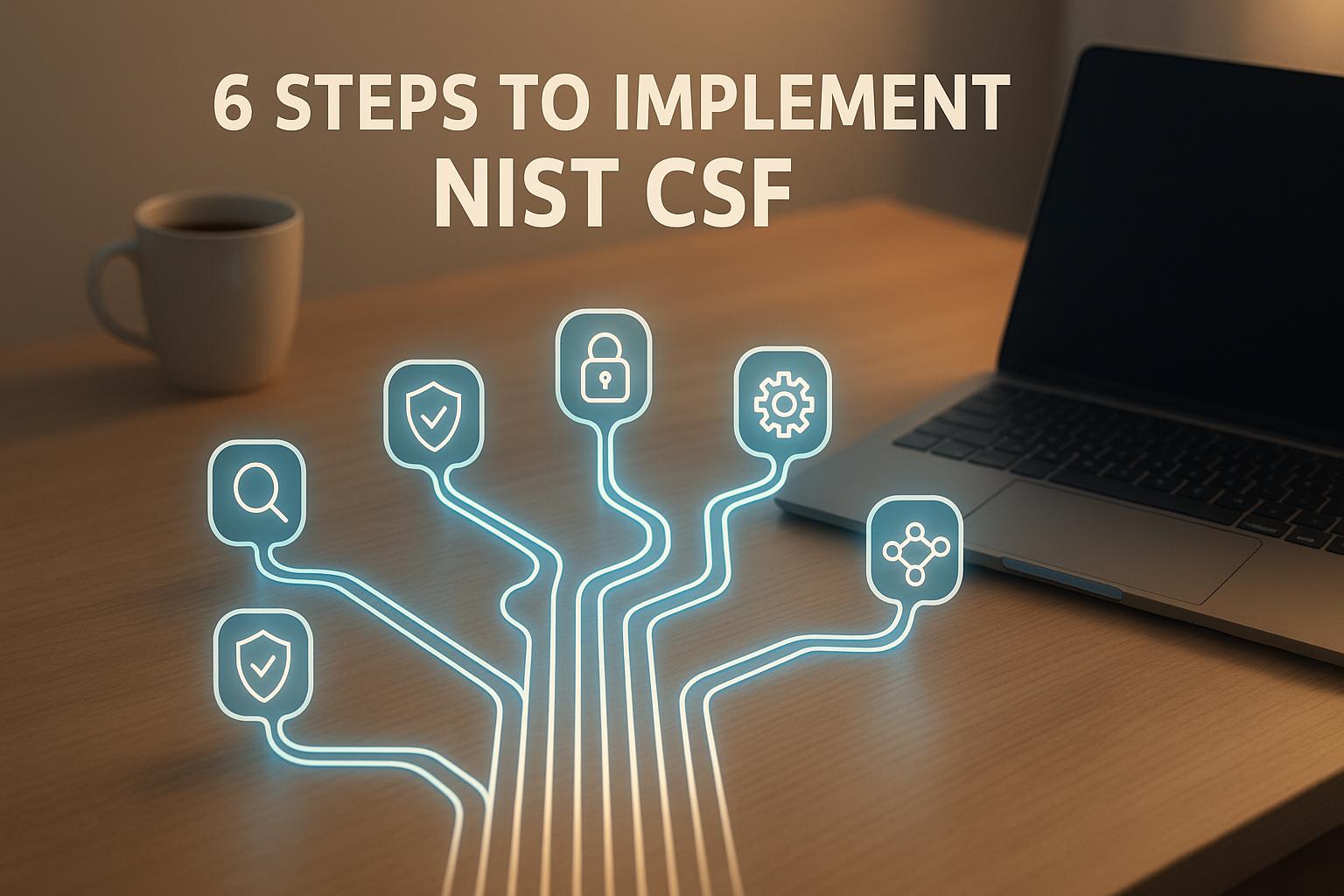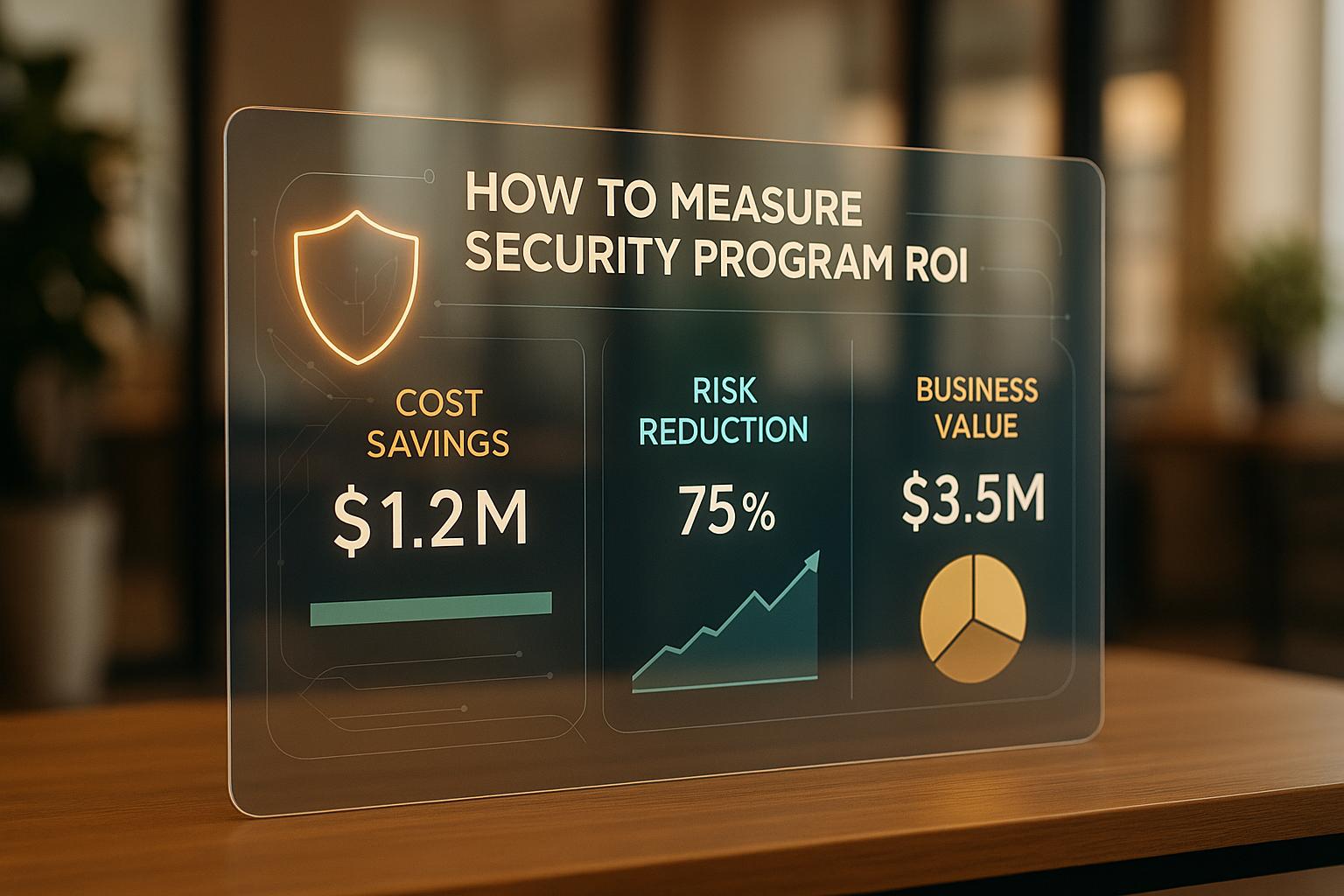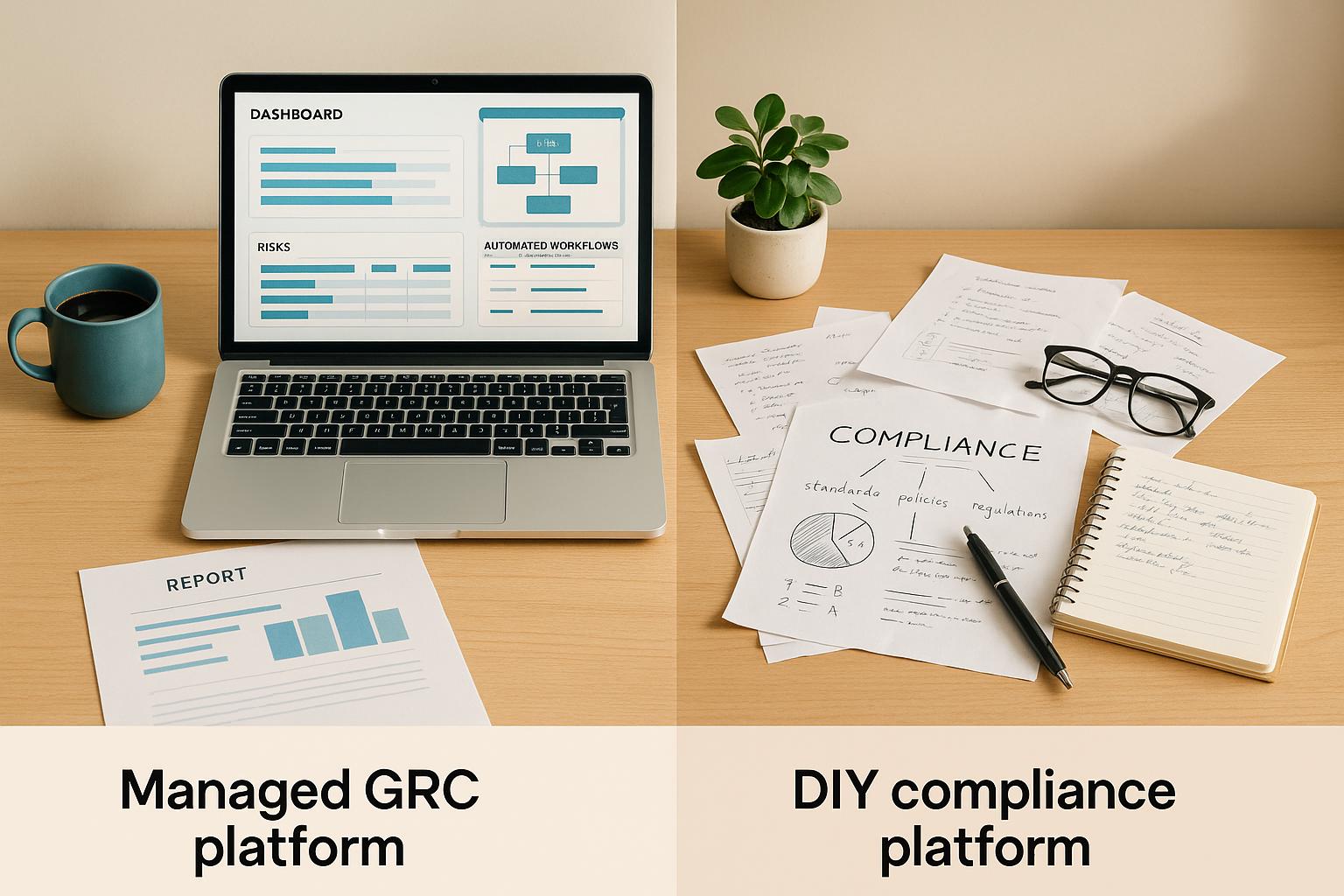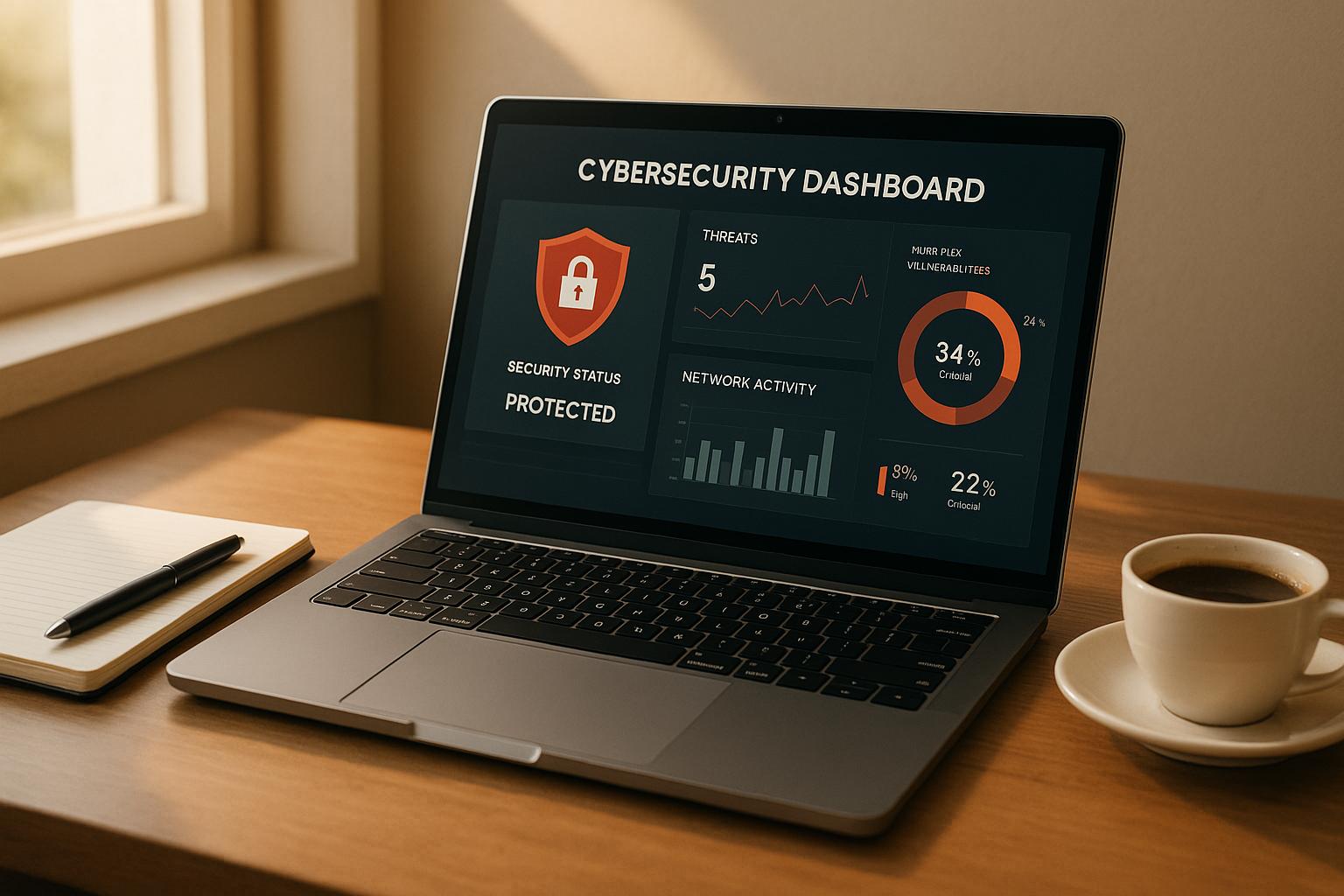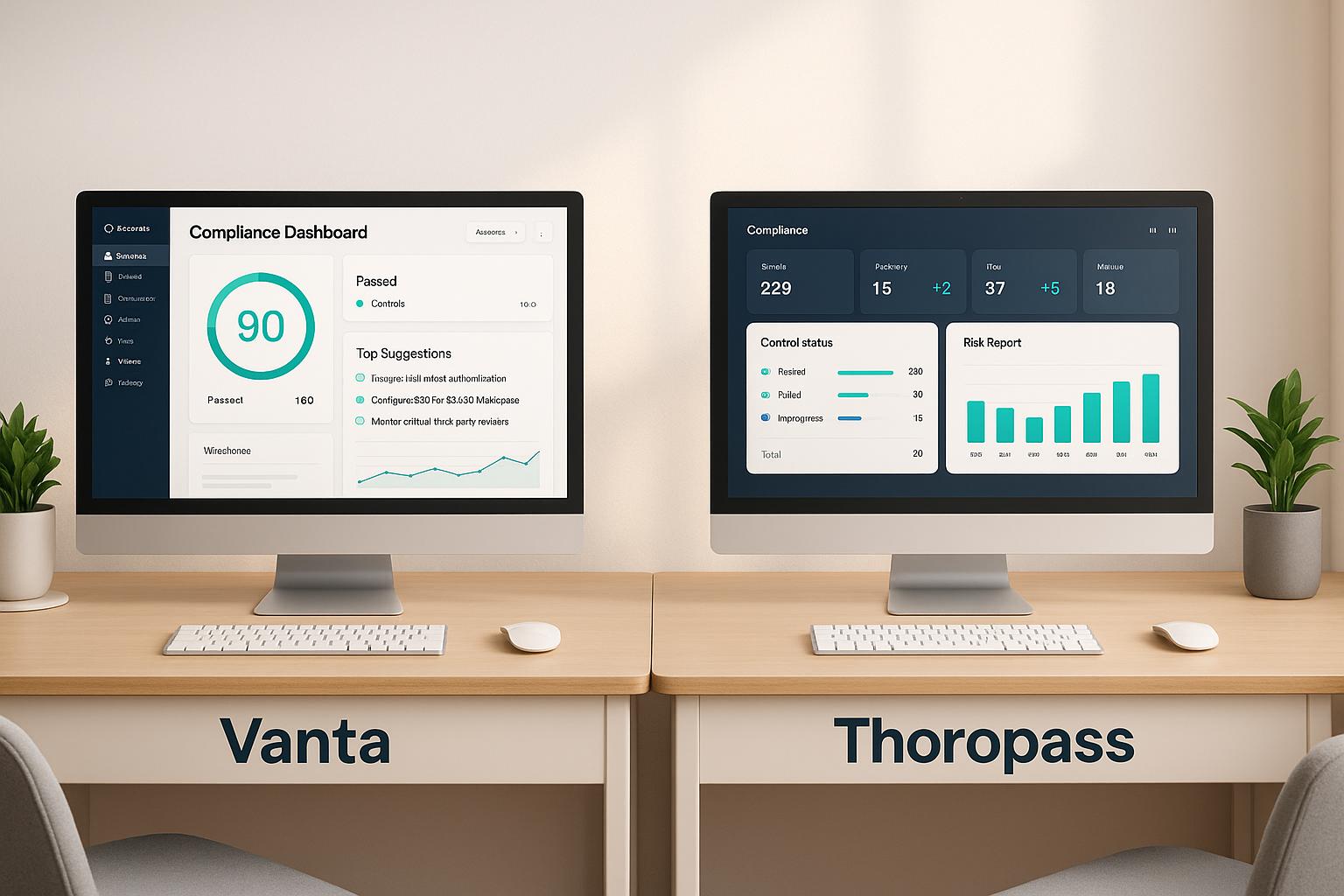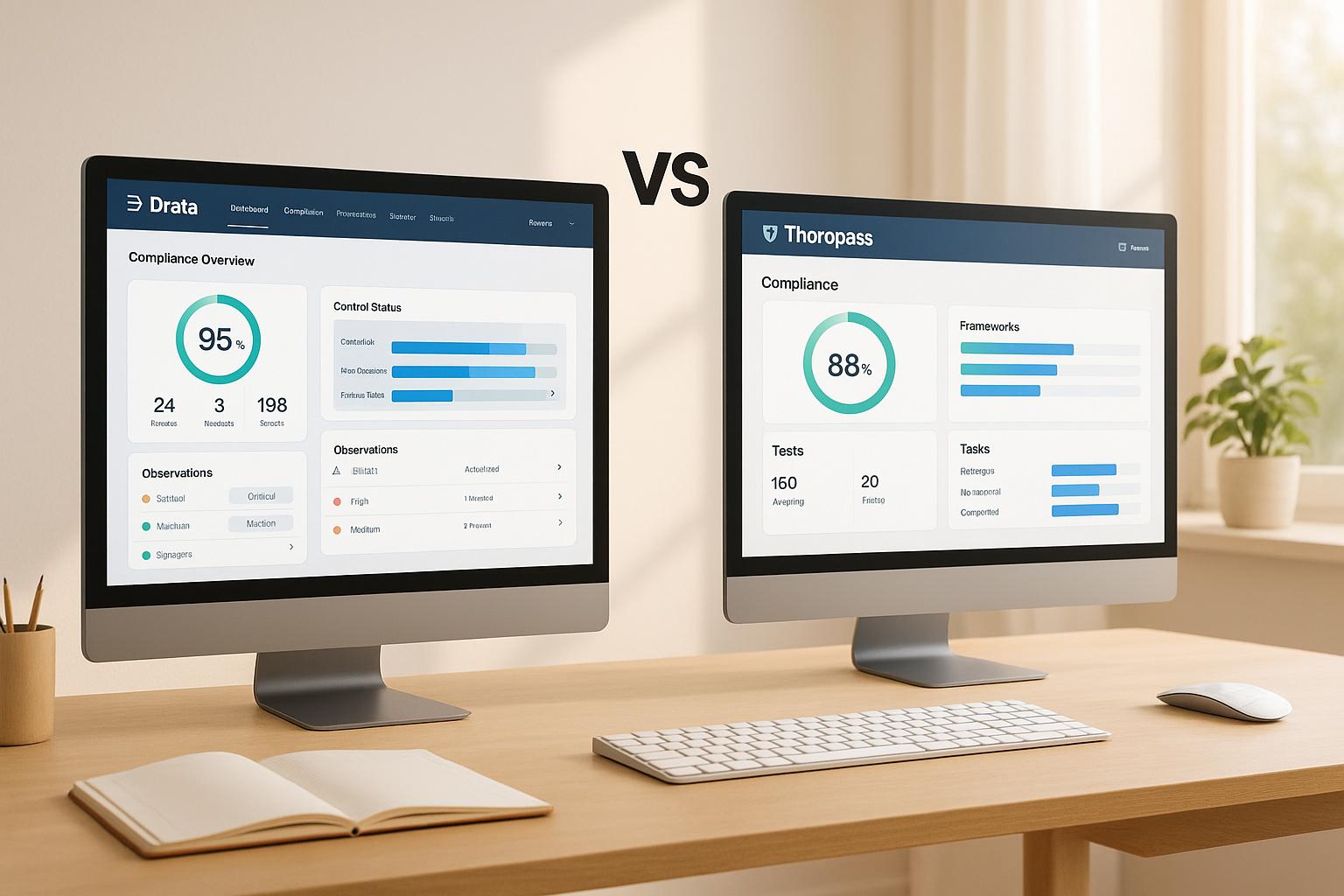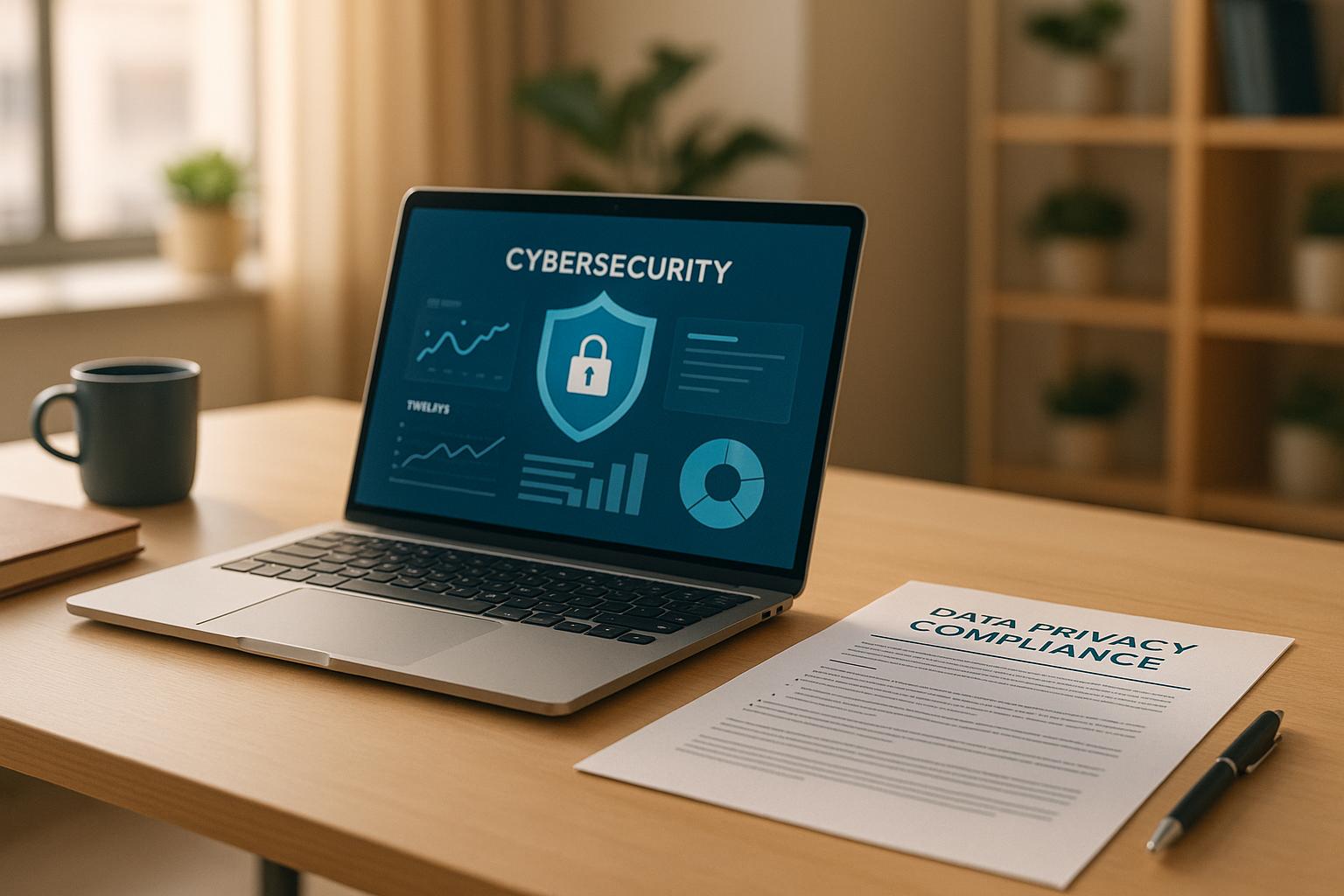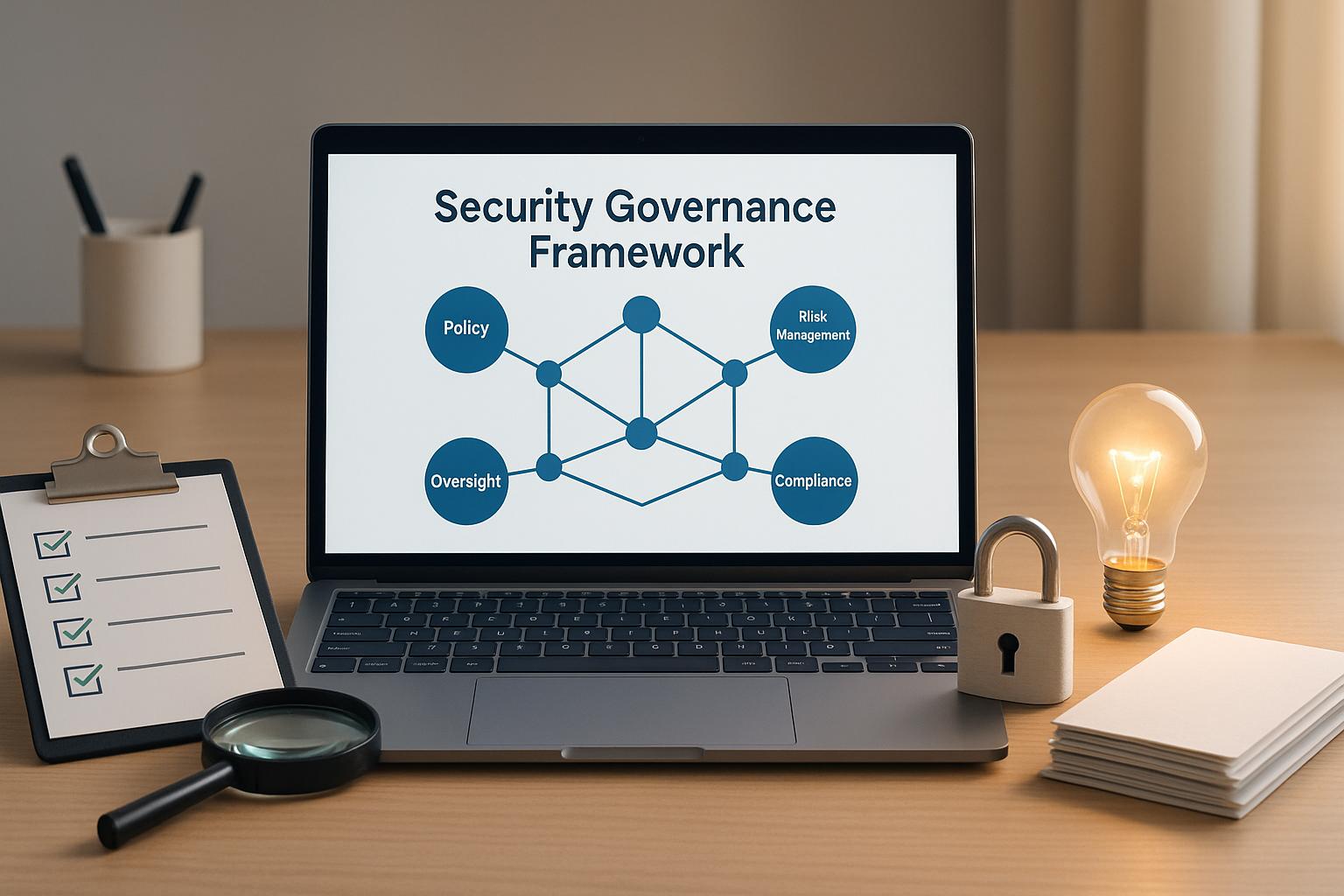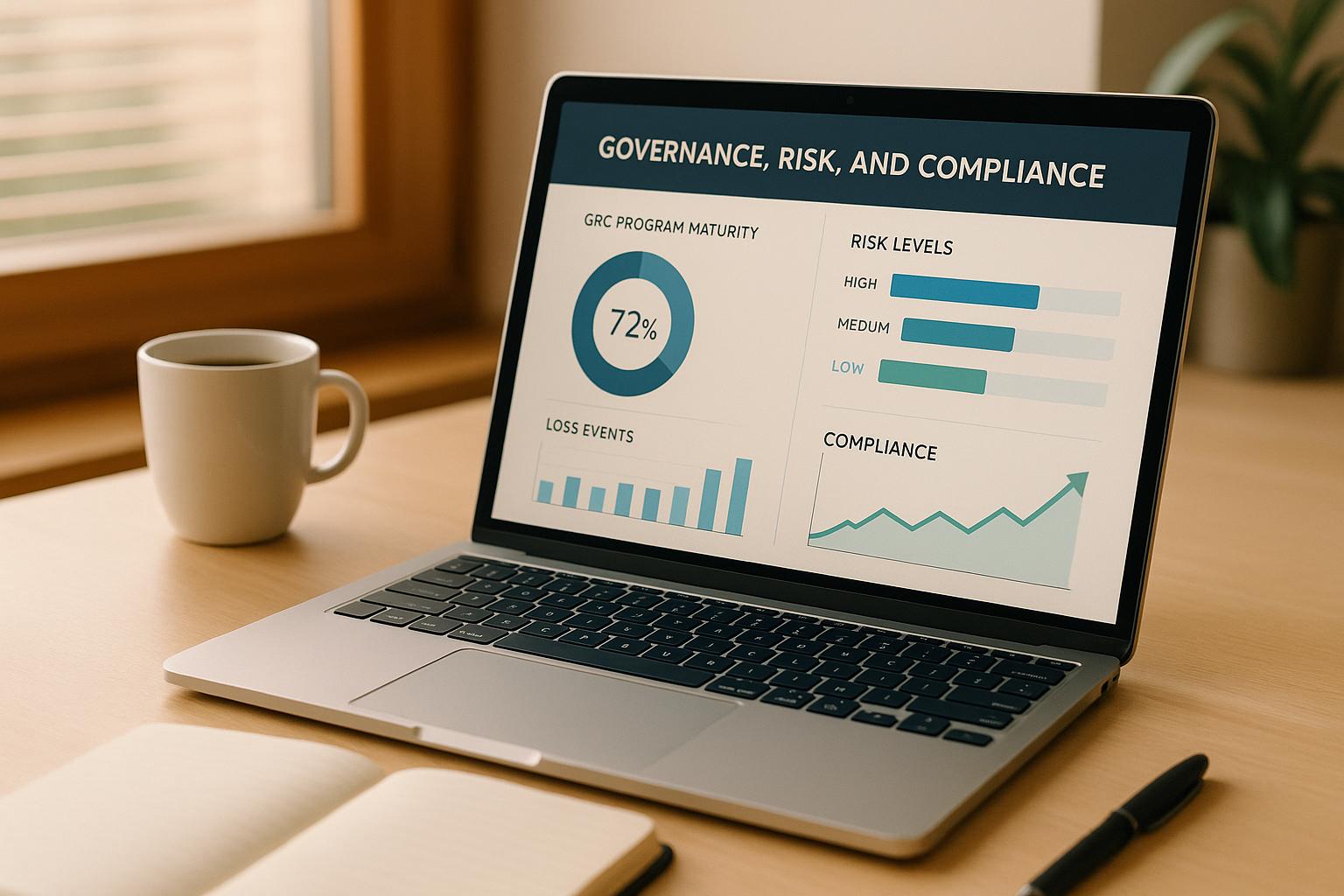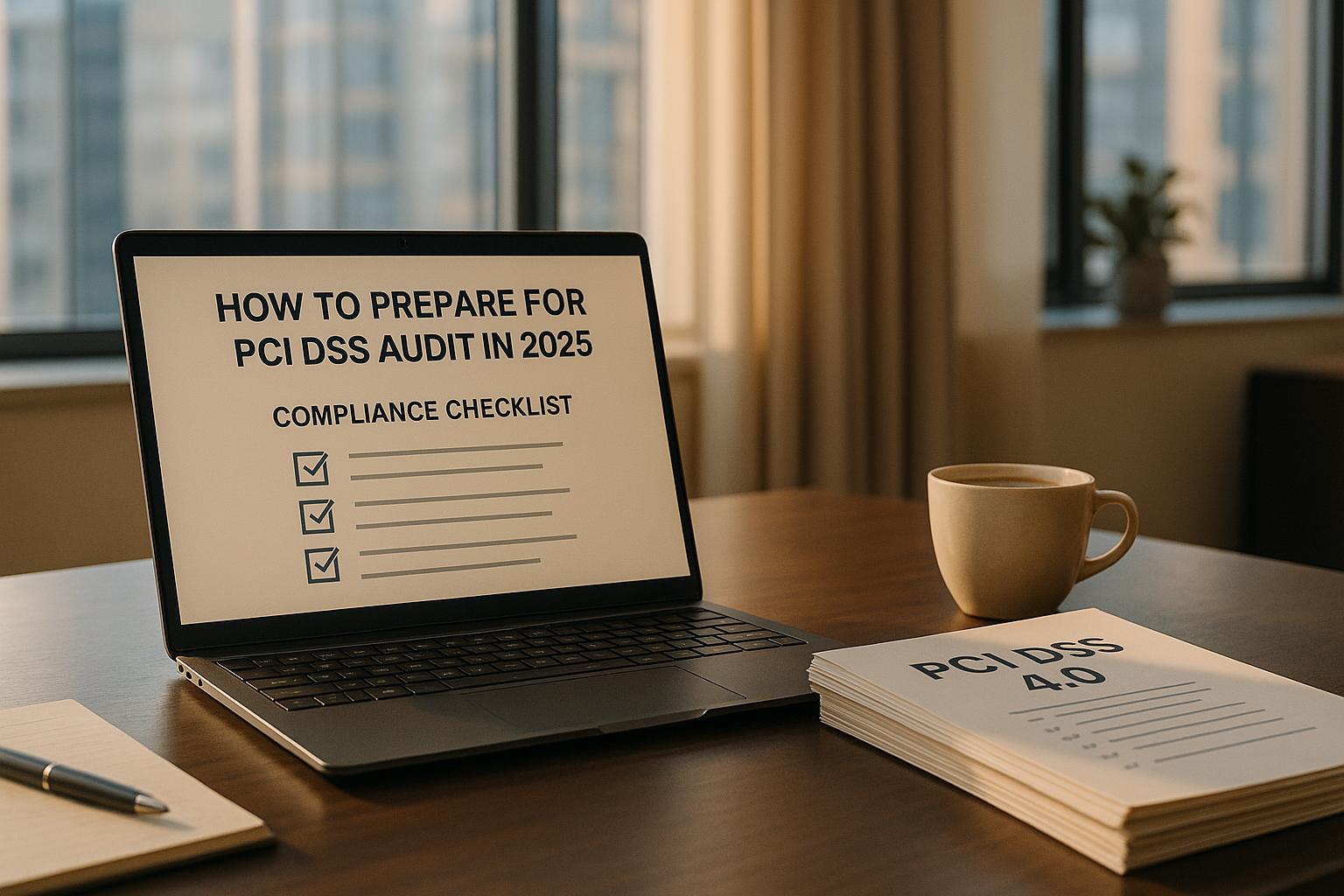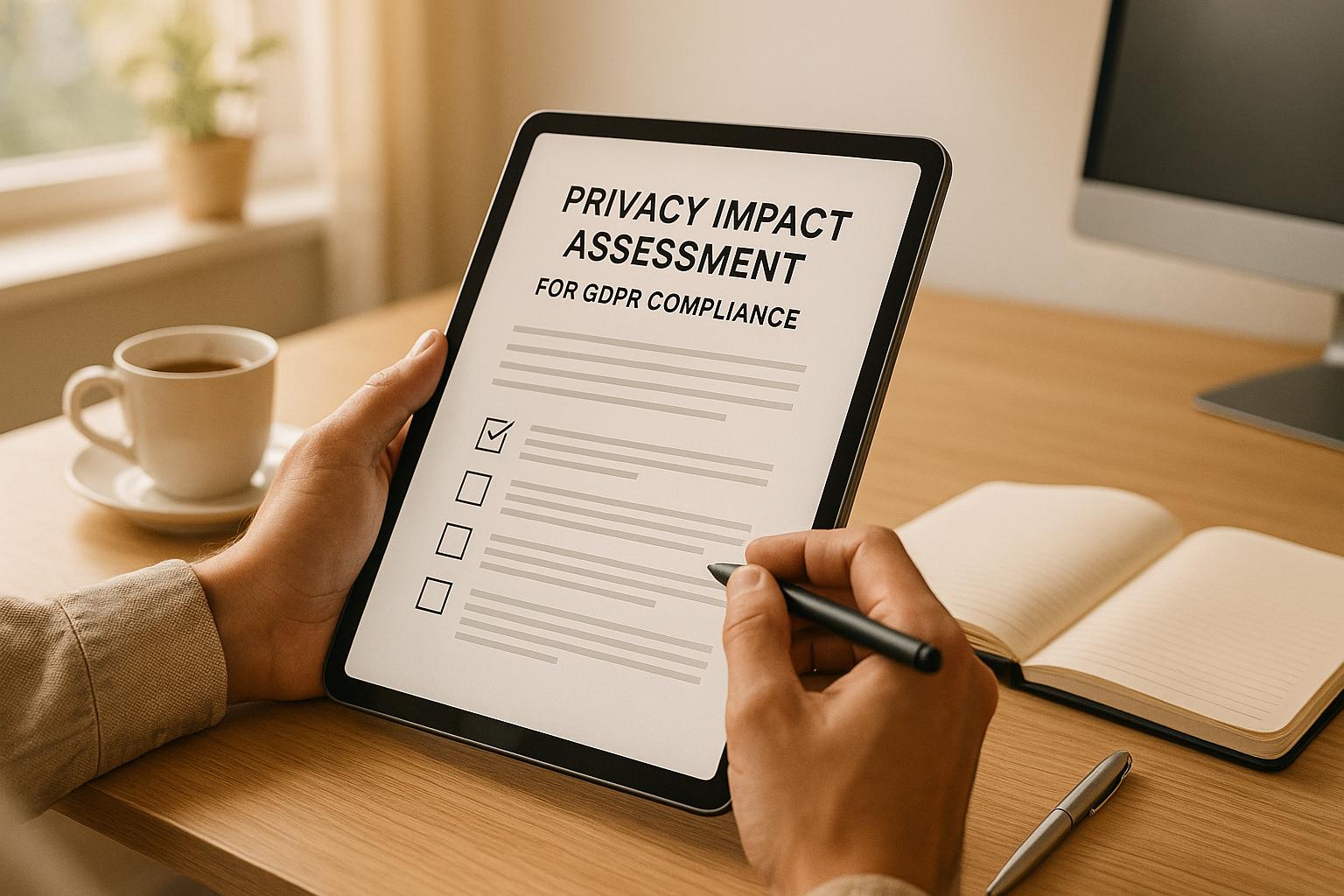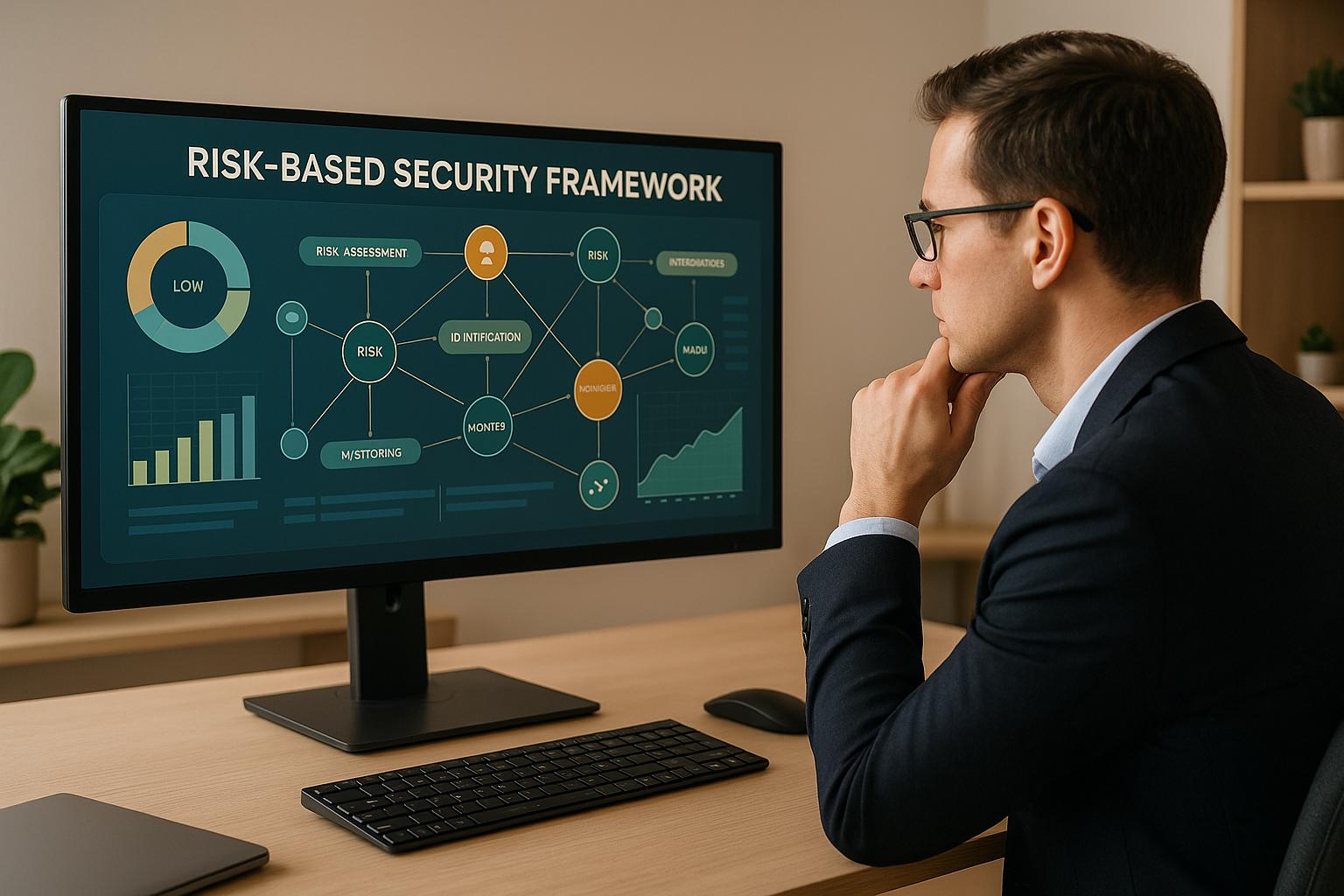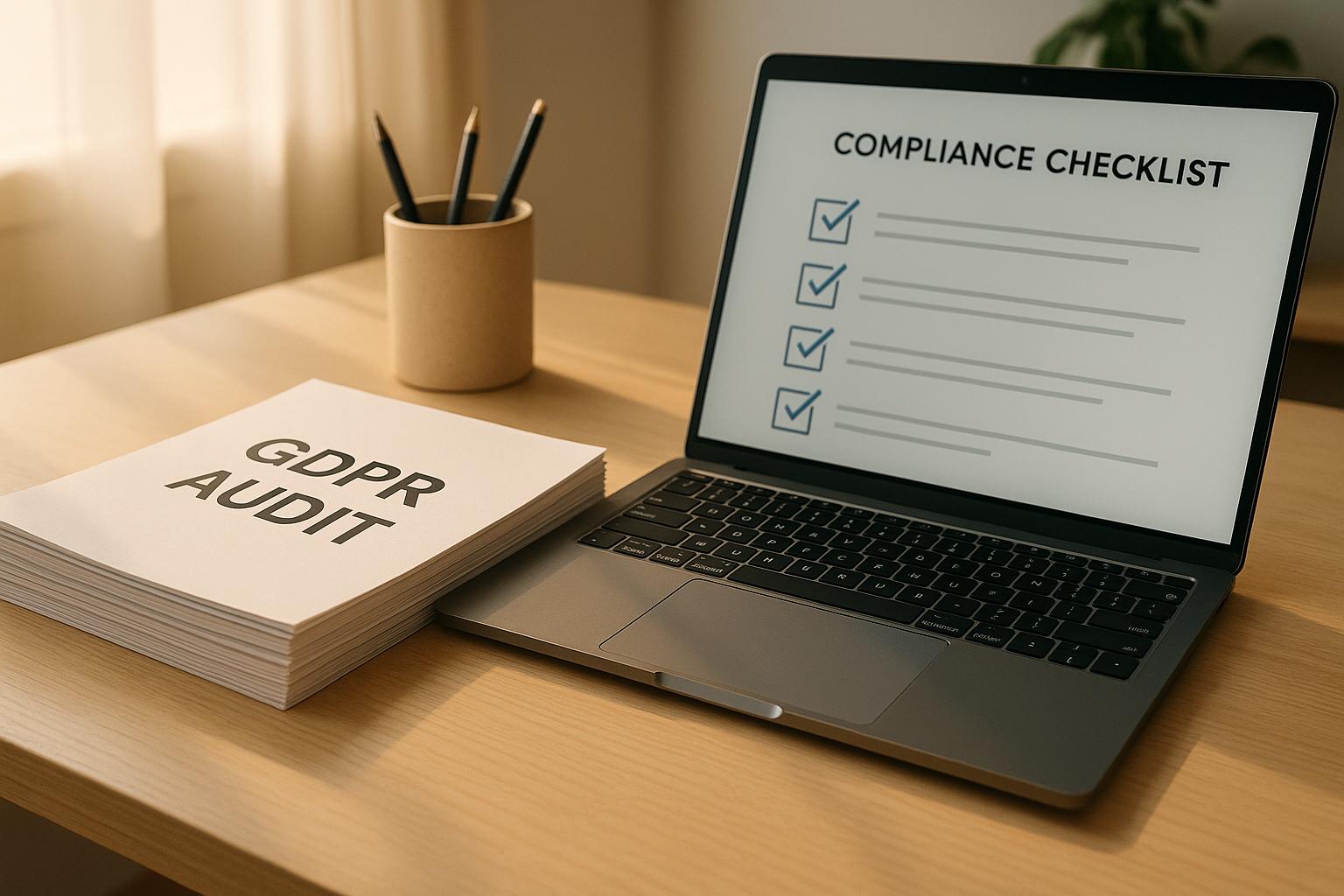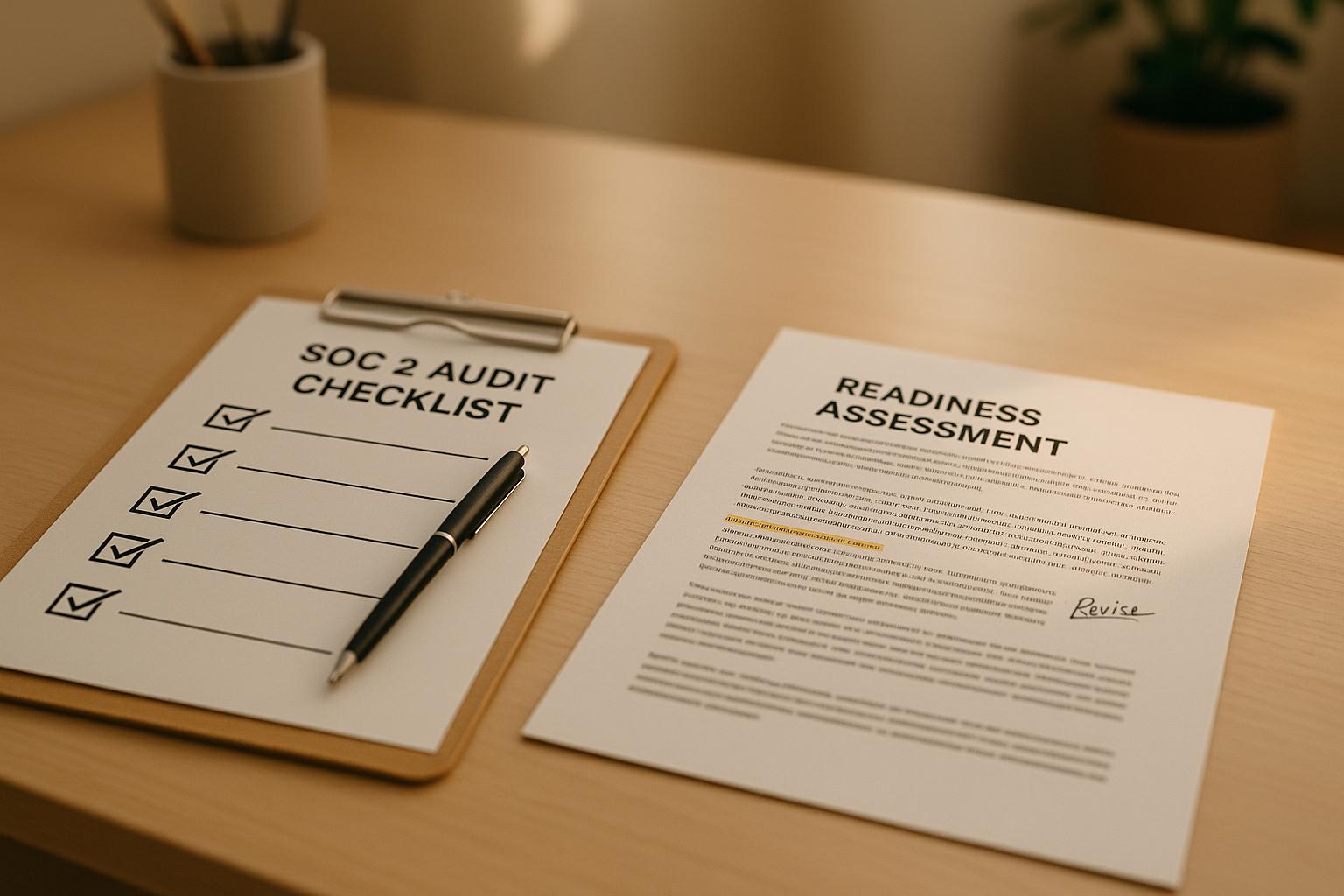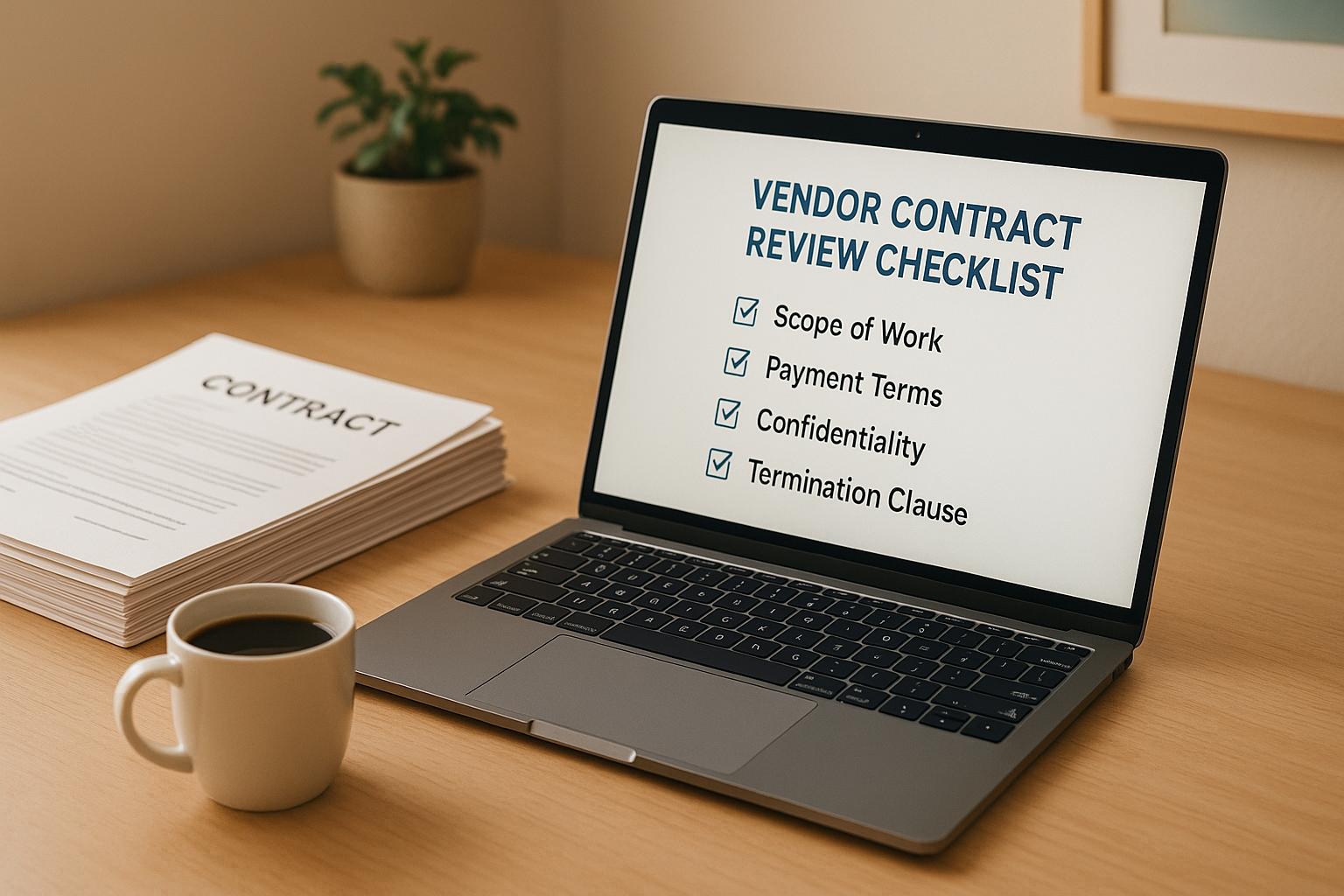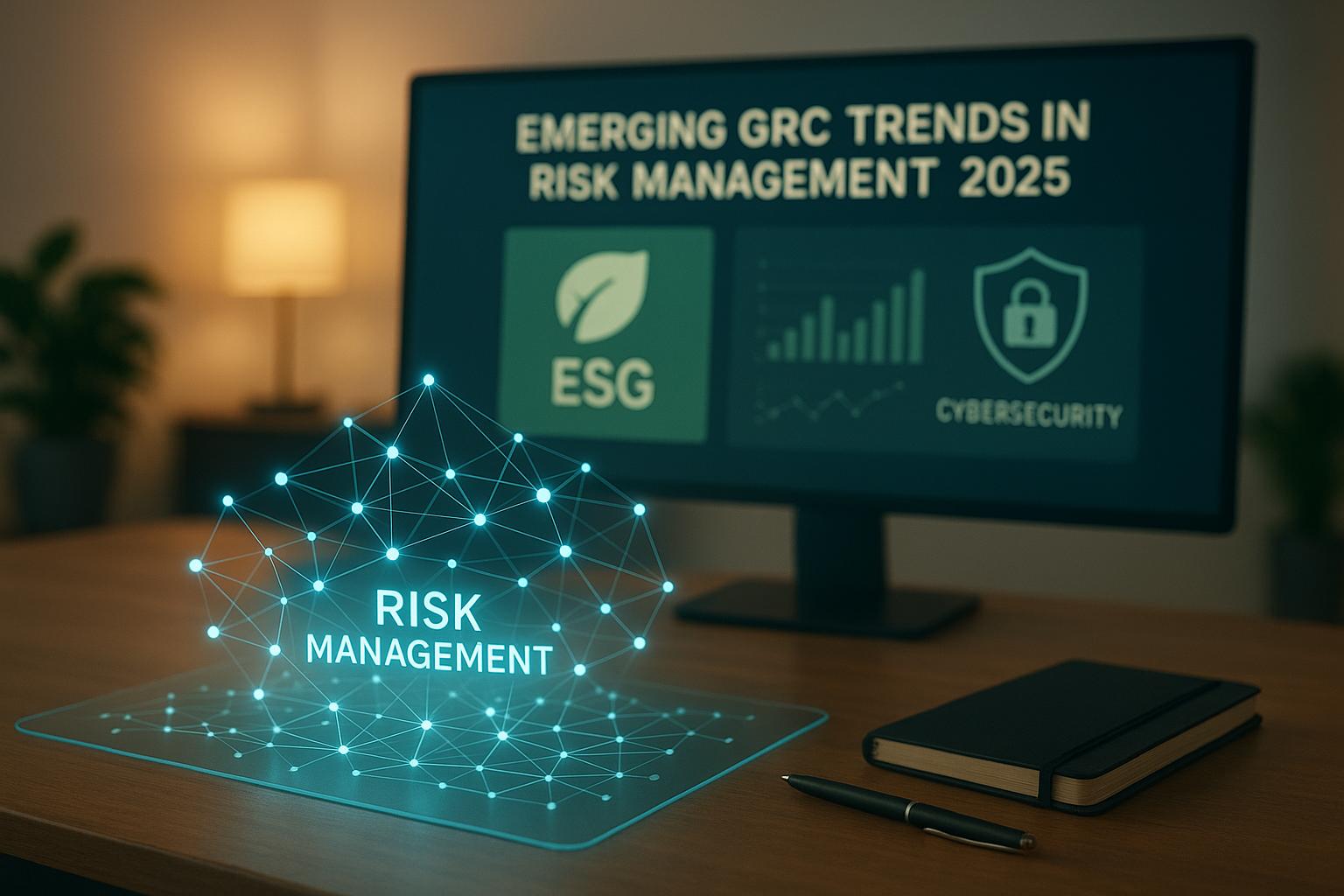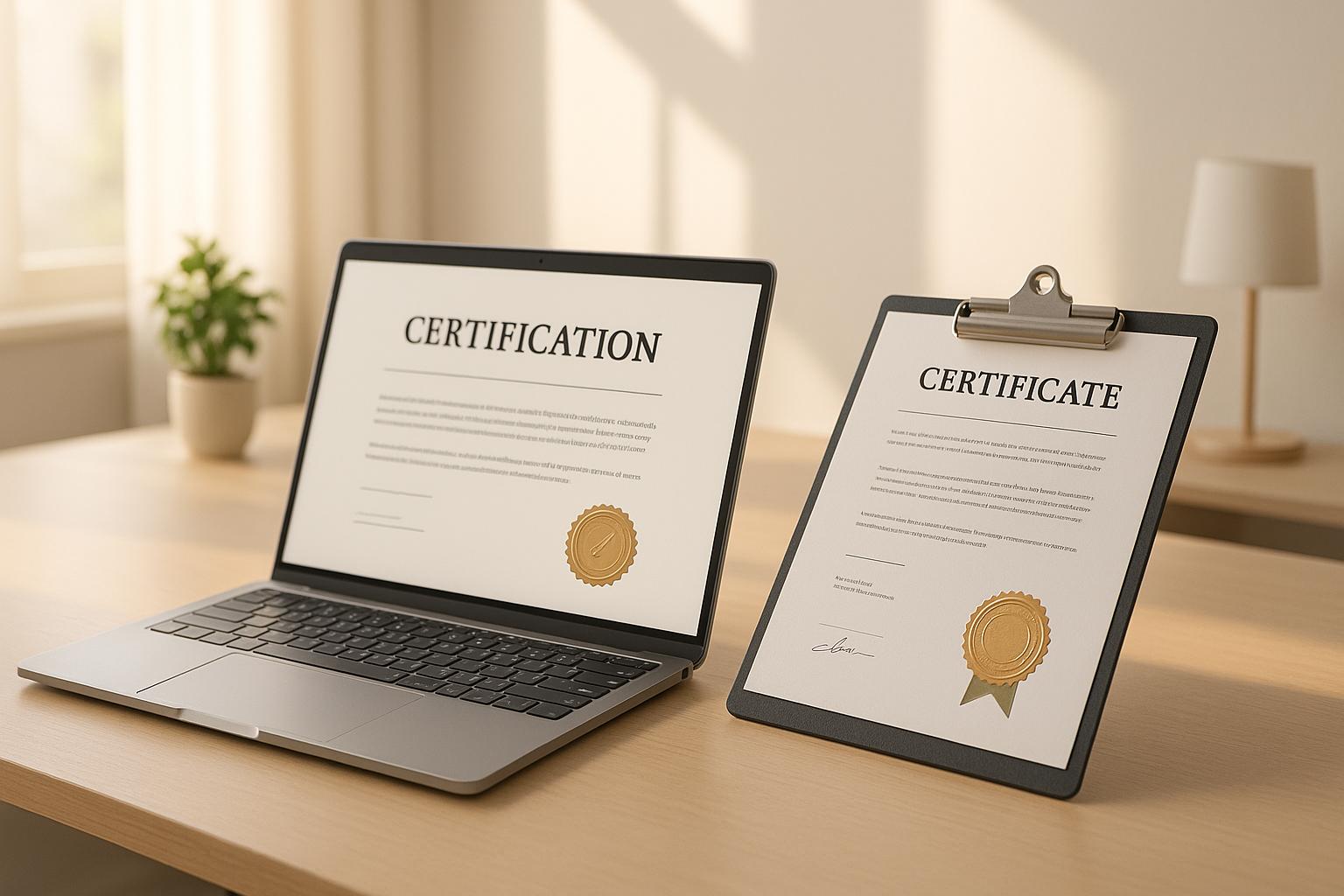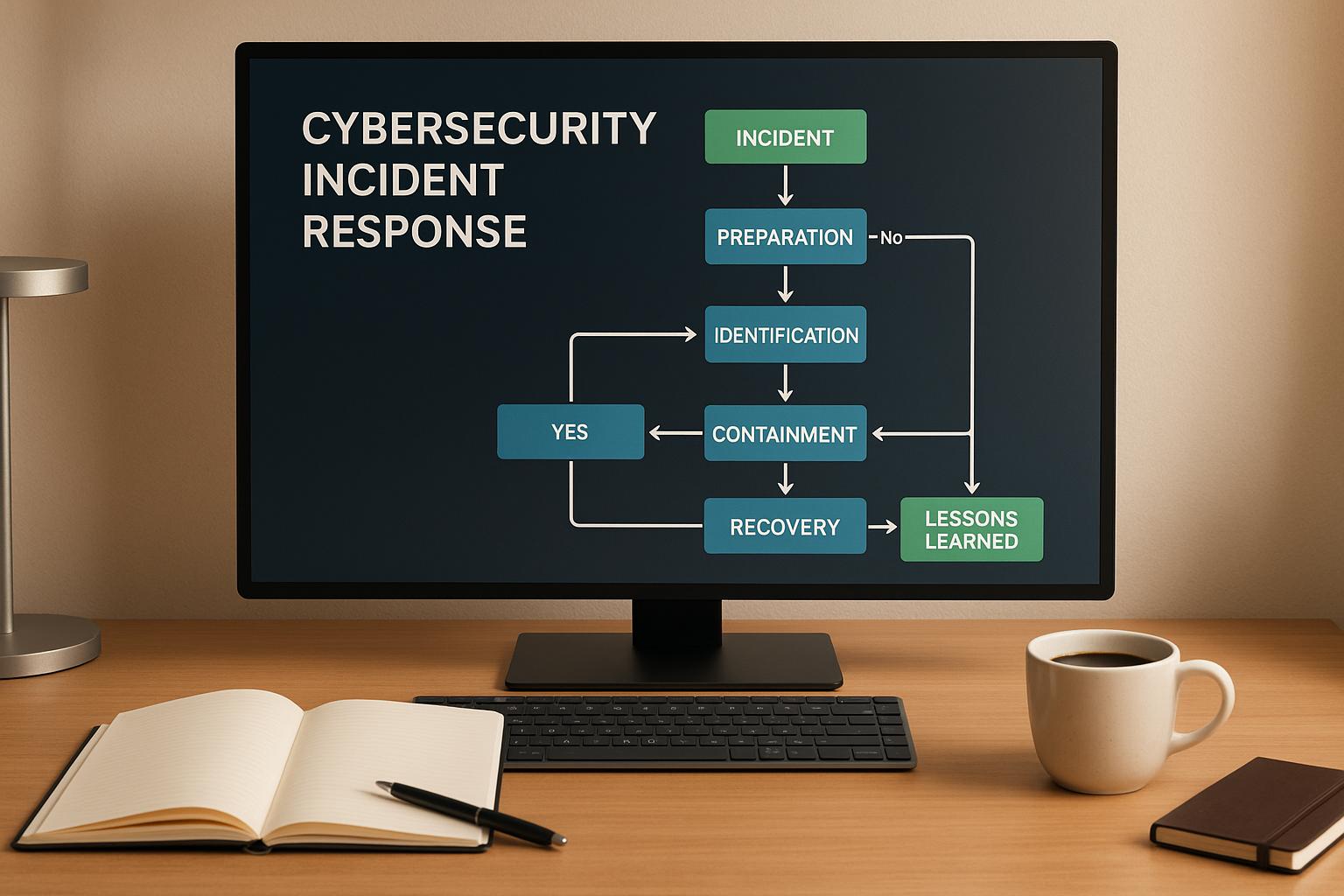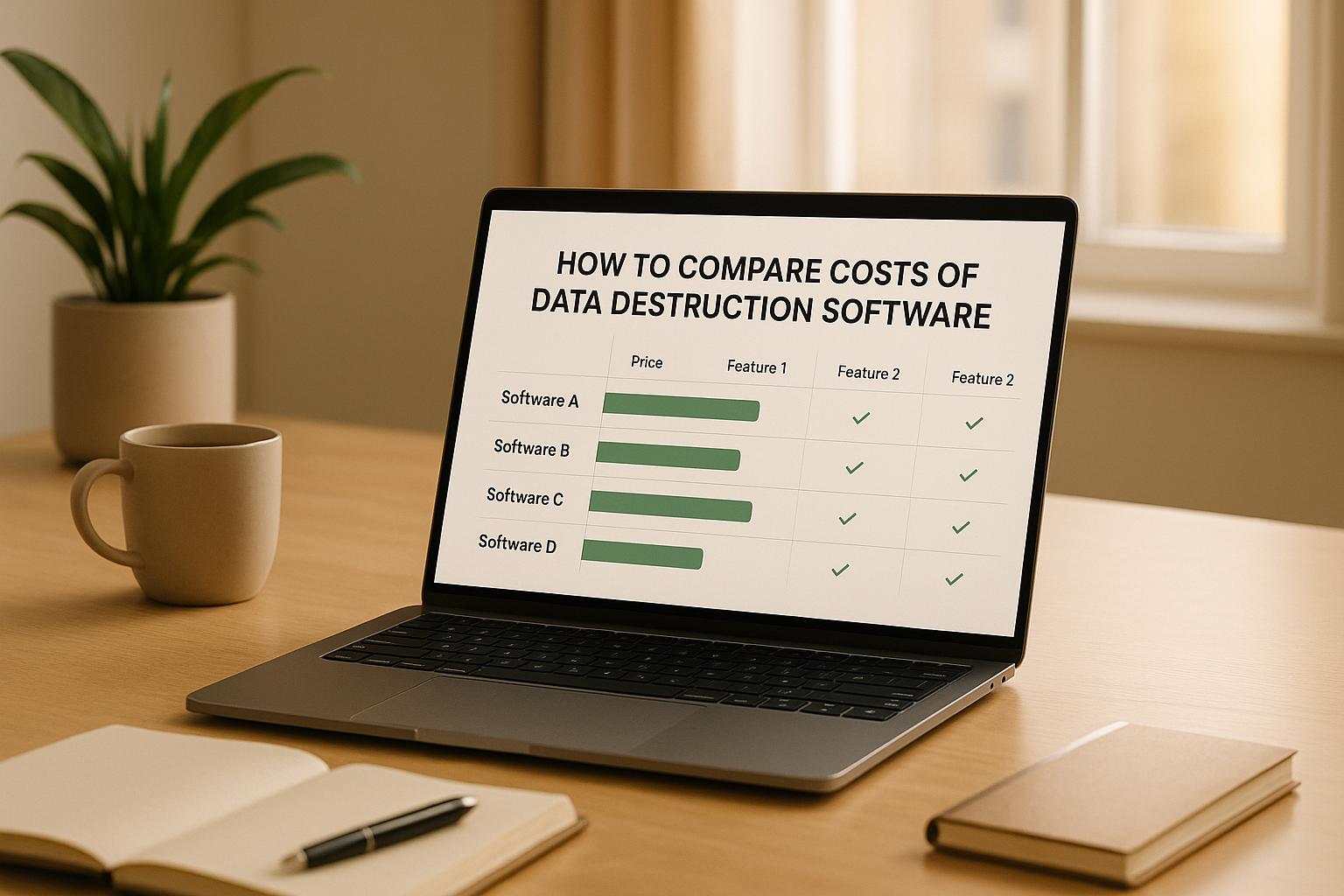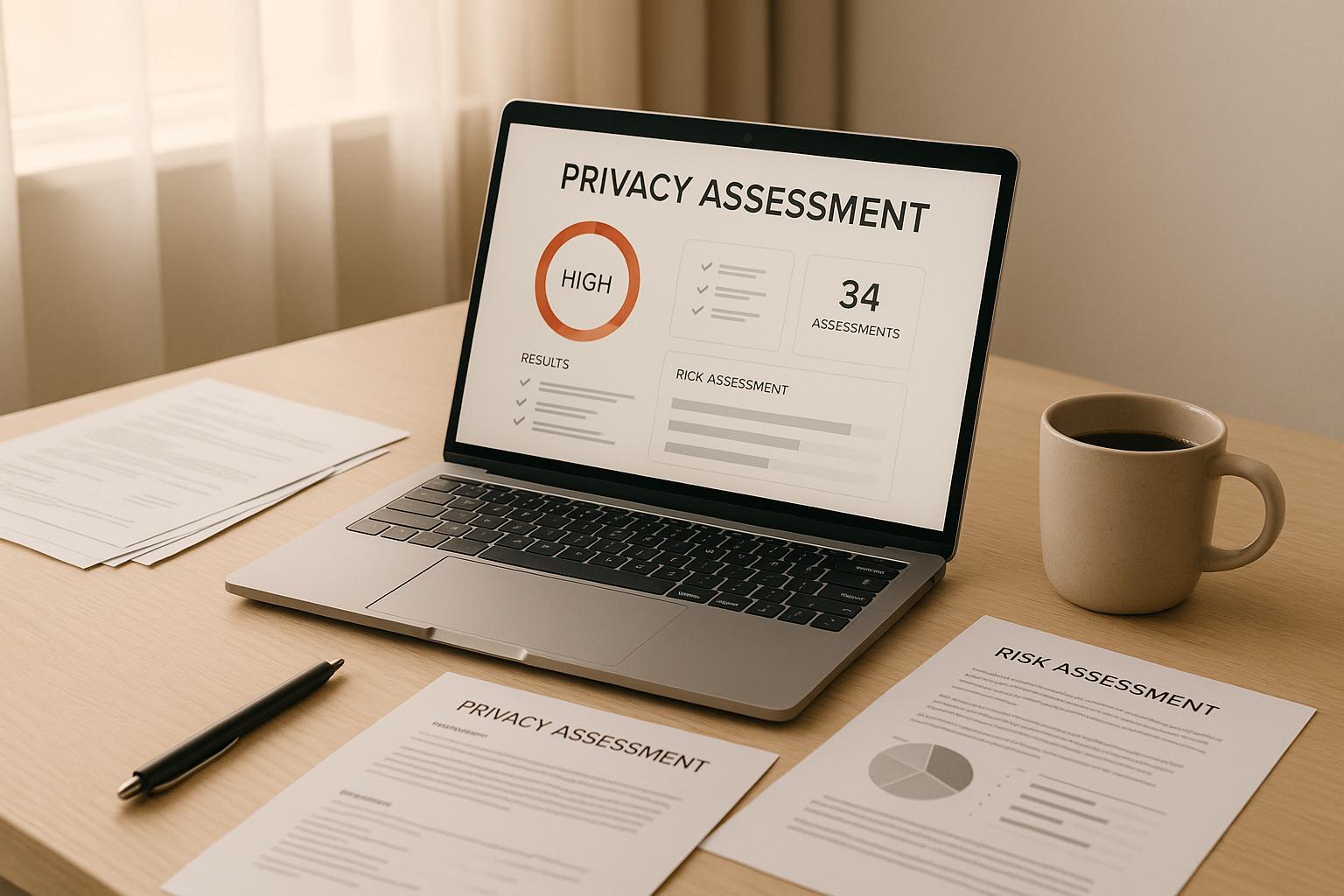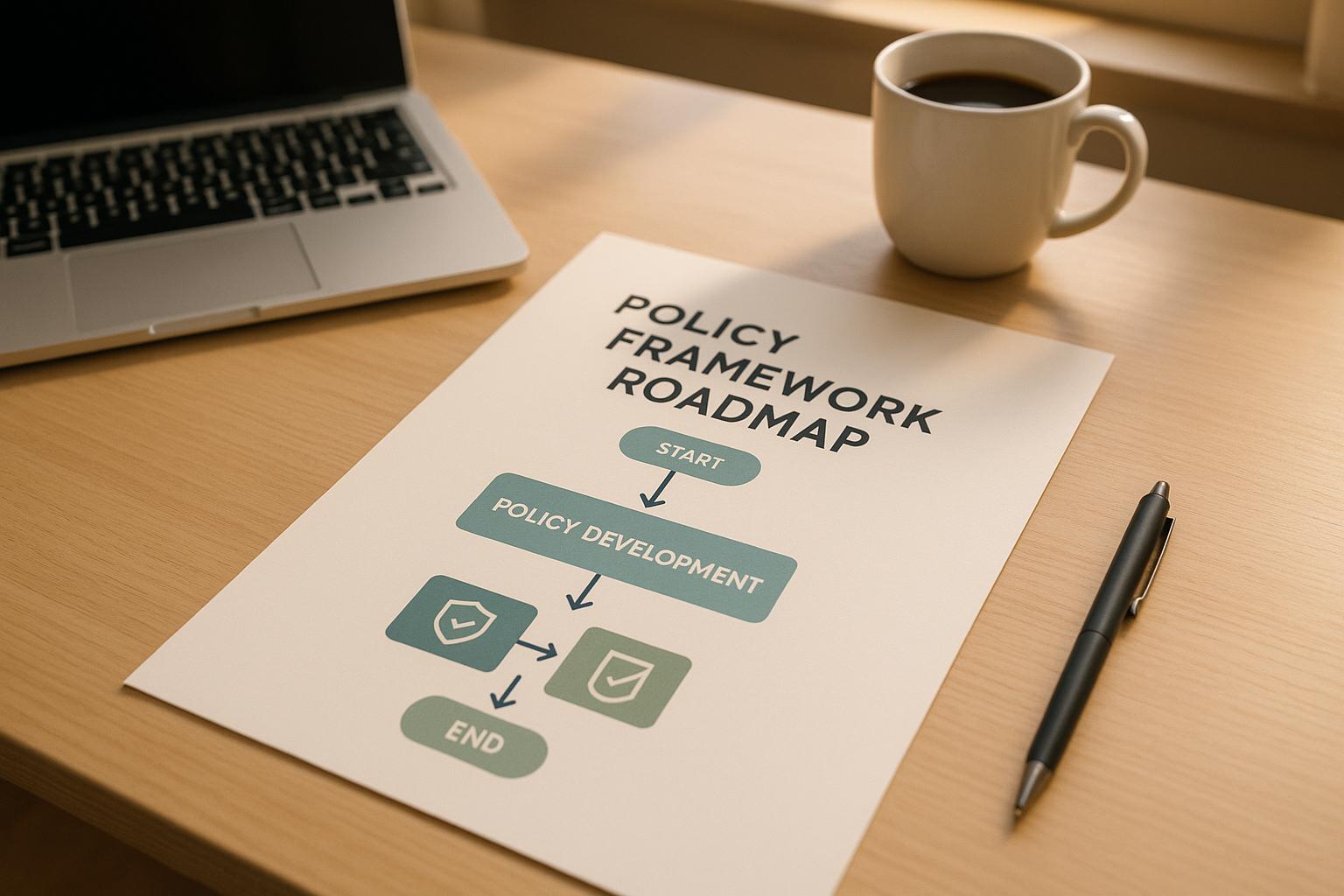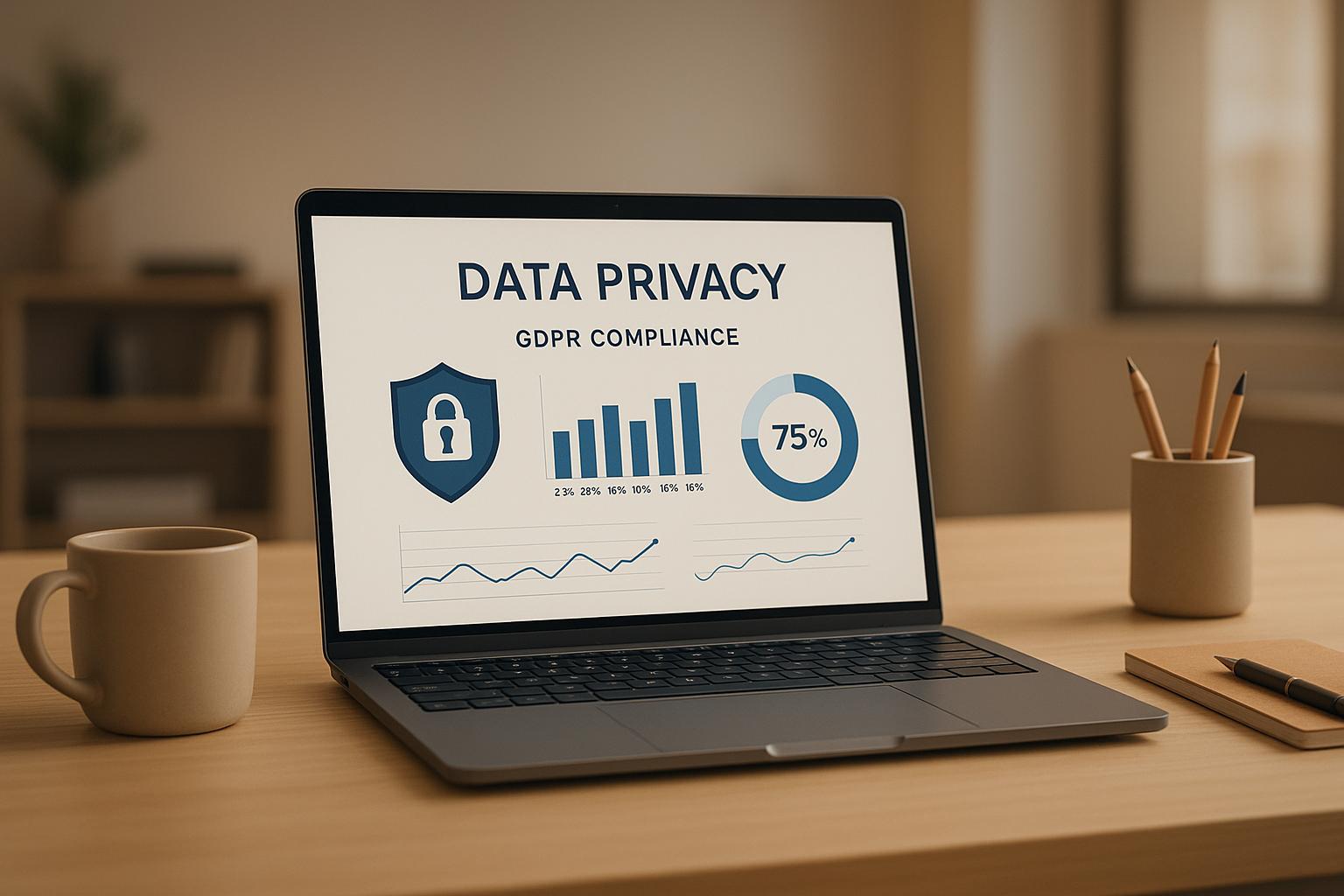
Virtual Data Protection Officer (vDPO) services offer businesses an affordable, flexible way to meet GDPR compliance requirements without hiring a full-time DPO. For U.S. companies handling EU customer data, GDPR compliance is non-negotiable, with fines reaching up to 4% of global revenue or €20 million ($22 million).
Here’s why vDPO services stand out:
- Cost-effective: Avoid the $60,000+ annual cost of an in-house DPO. Virtual DPOs start as low as $60/month.
- Expertise on demand: Access certified GDPR professionals for audits, data breach responses, and compliance updates.
- Scalable support: Adjust services to match your business needs, from startups to enterprises.
- Regulatory protection: Mitigate risks of fines, reputational damage, and operational disruptions.
Whether you're a small business or a large enterprise, vDPO services provide tailored compliance solutions, ensuring your data protection practices align with GDPR standards while staying budget-friendly.
What is a Data Protection Officer (DPO)? | UK GDPR Advanced Training | iHASCO
Benefits of Outsourcing DPO Responsibilities
Outsourcing Data Protection Officer (DPO) responsibilities through virtual services offers businesses a practical way to navigate the challenging terrain of GDPR compliance while keeping operations efficient and streamlined.
Cost Savings for Growing Businesses
Hiring a full-time, in-house DPO can be expensive. Beyond the base salary, businesses must account for health insurance, retirement contributions, paid leave, training, and office space. In contrast, outsourcing allows you to pay only for the services you use. A study from DataGuard highlights this difference: a part-time, in-house DPO working 20% of their time costs $19,220 annually, while a full-time external DPO costs just $2,676 per year for the same level of service.
Here’s a breakdown of typical annual DPO costs by business size:
| Business Size | Annual DPO Cost Range |
|---|---|
| Small | $40,000 - $80,000 |
| Medium | $60,000 - $120,000 |
| Large | $80,000 - $150,000 |
Virtual DPO services often provide flexible pricing options, such as project-based fees, hourly rates, or monthly retainers. This flexibility allows businesses to align expenses with their actual needs, avoiding the fixed costs associated with full-time employees. It’s a smart way to stay compliant without stretching your budget, especially for businesses that need to scale support as they grow.
Access to GDPR Experts
Cost savings are just one piece of the puzzle. Virtual DPOs bring deep expertise to the table, matching the knowledge of in-house professionals but with added flexibility. They handle complex tasks like managing Subject Access Requests (SARs), conducting Data Protection Impact Assessments (DPIAs), and responding to personal data breaches. Plus, because they stay on top of regulatory changes, virtual DPOs ensure your business receives up-to-date guidance tailored to your needs. Notably, research shows that virtual DPOs can be up to five times more affordable than hiring an in-house counterpart.
Flexible Compliance Solutions That Scale
One of the standout advantages of virtual DPO services is their ability to adapt to your changing needs. Whether your business is expanding or facing new regulatory challenges, virtual DPOs can adjust their level of involvement, ensuring you only pay for the support you require. This scalability is especially valuable for startups and growing businesses that often encounter fluctuating compliance demands.
Virtual DPO providers typically have teams with expertise across various industries, including healthcare, finance, and international data transfers. This diversity ensures you’ll always have access to the right specialists as your business evolves. Additionally, outsourcing helps reduce the financial risks of non-compliance, which can be steep - GDPR fines can reach up to €10 million ($11 million) or 2% of global turnover for failing to appoint a required DPO.
Core Functions and Deliverables of Virtual DPOs
Virtual Data Protection Officers (DPOs) perform many of the same responsibilities as in-house DPOs, but with the added advantage of specialized expertise and cost-efficient solutions. Here's a closer look at the key functions they provide to help organizations maintain strong GDPR compliance.
Developing and Managing Data Protection Plans
Virtual DPOs craft detailed data protection strategies by evaluating current systems, creating customized policies, and collaborating with IT and security teams to ensure smooth implementation. They also stay on top of changing regulations, regularly updating these measures to keep organizations compliant. This approach allows businesses to access strategic guidance without the expense of hiring full-time staff.
Conducting Audits and Impact Assessments
Regular audits and Data Protection Impact Assessments (DPIAs) are a core part of their role. These assessments help identify weaknesses, ensure compliance with legal standards, and reduce risks. Virtual DPOs also take the lead in educating employees on best practices for data protection, ensuring everyone is aligned with organizational goals. Additionally, they play a crucial role in incident management and regulatory communication.
Supporting Incident Response and Regulatory Communication
When a data breach occurs, virtual DPOs step in to coordinate a swift and effective response. They develop strategies to prevent future incidents and handle timely notifications to both regulatory authorities and affected individuals. Acting as the organization’s main contact for data protection matters, they manage communications with authorities, process Subject Access Requests (SARs), handle Right to be Forgotten requests, and ensure privacy notices are updated as regulations evolve.
For example, in October 2024, LinkedIn faced a €310 million ($335 million) fine from the Irish Data Protection Commission for violating data privacy laws. This case highlights the importance of having robust data protection measures in place - something virtual DPOs excel at through their incident response and regulatory expertise.
sbb-itb-ec1727d
Cycore's Approach to Virtual DPO Services
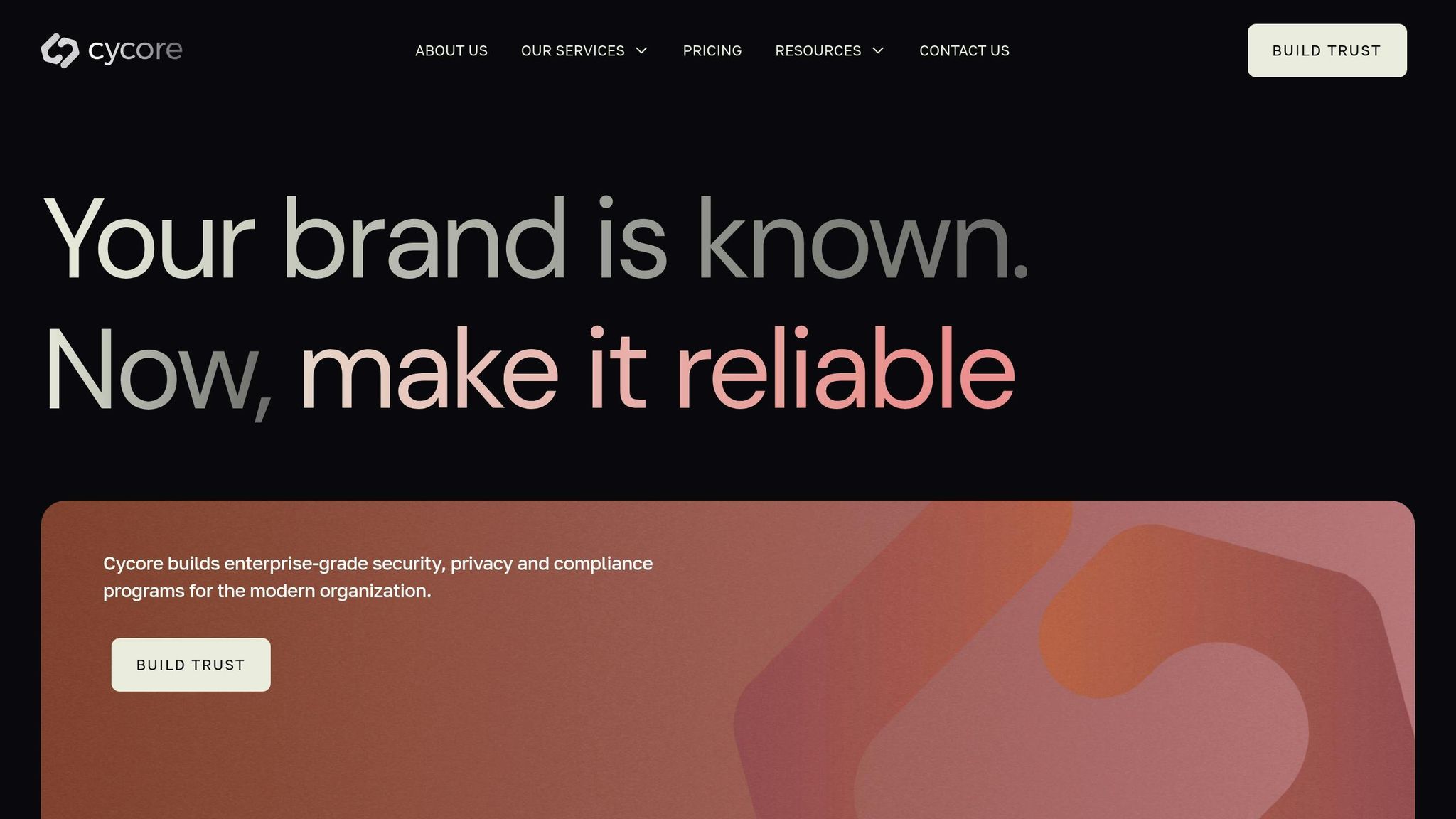
Cycore provides a hands-on approach to virtual Data Protection Officer (vDPO) services, designed to help U.S. companies meet GDPR and CCPA standards. Their vDPO service integrates seamlessly into client operations, making compliance straightforward and effective. This structured approach sets the foundation for their other service tiers and integration efforts.
Overview of Cycore's vDPO Services
Cycore's virtual DPO services are all about practical application, ensuring data protection strategies are not just theoretical but work effectively in day-to-day business operations.
"Our vDPO service delivers expert compliance for GDPR and CCPA by integrating with your team to strengthen data governance and mitigate regulatory risks."
– CycoreSecure.com
Their offerings include compliance reviews, policy development, staff training, and ongoing monitoring. Together, these elements create a well-rounded data protection program. For example, companies like ReadMe have seen significant results - saving 1,656 hours annually on GRC administration and cutting security questionnaire response times by 66% with Cycore's services.
Cycore's vDPO Plan Features
Cycore organizes its virtual DPO services into three distinct tiers, catering to businesses at different growth stages. Each plan builds on the previous one, adding more advanced features and broader capabilities.
| Plan | vDPO Features | GRC Integration | Support Level | Best For |
|---|---|---|---|---|
| Start-up | Basic compliance, Initial assessments, Monthly reporting | Basic GRC Software Admin | Standard business hours | Companies setting up their first compliance framework |
| Mid-Market | Full vDPO services, Advanced monitoring, Audit support | Advanced GRC Admin (2 tools), Annual penetration testing | Extended support hours | Growing businesses with expanding compliance needs |
| Enterprise | Full vDPO and vCISO integration, Custom security roadmaps, Quarterly assessments | Custom GRC integration (up to 4 tools), Continuous vulnerability management | Priority expert access | Established organizations with complex requirements |
The Start-up plan is tailored for smaller teams, offering essential compliance guidance and basic GRC tool management to establish strong data protection foundations. The Mid-Market plan steps it up with advanced monitoring and audit support, ideal for businesses managing rapid growth and increasingly complex data challenges. For larger organizations, the Enterprise plan provides the most robust package, including integrated vDPO and vCISO services, custom security strategies, and priority access to experts.
These tiers fit seamlessly into Cycore's broader GRC framework, providing comprehensive compliance solutions.
Building GRC Frameworks with Cycore
Cycore’s virtual DPO services are designed to integrate into a scalable Governance, Risk, and Compliance (GRC) framework, turning data protection into a strategic advantage. This unified approach is especially beneficial for U.S. companies navigating both GDPR and domestic privacy laws like CCPA.
The governance aspect focuses on creating clear, actionable data protection policies that align with business goals. Cycore’s vDPOs collaborate closely with internal teams to develop frameworks that ensure compliance while also improving operational efficiency. This approach not only meets regulatory standards but also positions data protection as a business enabler.
Risk assessments and continuous monitoring are key components of Cycore’s strategy, helping to identify vulnerabilities and prevent costly regulatory penalties. With GDPR fines reaching €2.1 billion ($2.3 billion) across the EU in 2023, this proactive approach can save businesses from significant financial and reputational damage.
On the compliance side, Cycore ensures that organizations stay up-to-date with evolving regulations. Their vDPOs monitor regulatory changes and adapt client frameworks as needed, allowing businesses to focus on their core operations while maintaining a strong data protection stance.
Integrating Virtual DPO Services into Your Compliance Program
Bringing virtual Data Protection Officer (DPO) services into your compliance program requires thoughtful planning and strong communication. The goal is to establish a partnership that strengthens your data protection efforts while seamlessly aligning with your organization’s structure.
Steps to Onboard a Virtual DPO
Start by evaluating your current compliance framework. Conduct a detailed review of your existing data protection policies, procedures, and technical safeguards. This helps identify any gaps in meeting GDPR or other privacy regulations [40–42].
Next, set up clear communication protocols. Define how your virtual DPO will interact with internal teams, including reporting structures, frequency of updates, and escalation procedures. Ensure the DPO has direct access to senior management and the authority to act independently.
Privacy expert Sypher emphasizes the importance of being proactive:
"Don't be afraid to ask for what you need to achieve your goals. Use your plan to support your request for resources, whether it is more staff, a budget for training and technology, or access to industry experts and specialists."
Lastly, ensure the virtual DPO has access to all necessary systems, documentation, and key personnel from the beginning. This creates a solid foundation for effective collaboration with your internal teams.
Working with Internal Teams
Collaboration between your virtual DPO and internal teams is critical for GDPR compliance. While the DPO provides legal and regulatory guidance, your IT teams focus on the technical side of data management and security. Regular cross-departmental meetings can facilitate discussions on compliance strategies, potential risks, and regulatory updates.
Training is another essential element. Make sure all teams are familiar with regulatory requirements and technical safeguards. Additionally, having a formal incident response plan in place - outlining roles and responsibilities during a data breach - ensures quick and coordinated action [42,43].
Aligning internal processes with strategic frameworks, like those outlined in Cycore’s approach, helps streamline compliance efforts.
Managing Regulatory and Operational Challenges
Once internal collaboration is in place, tackle regulatory challenges by ensuring data transfer mechanisms meet GDPR and U.S. privacy standards. Include GDPR-specific clauses in third-party contracts and conduct regular audits of their operations to maintain compliance.
Consider adopting compliance technologies for real-time monitoring and automated risk assessments. Ongoing privacy training and open communication across departments help foster a culture where safeguarding personal data becomes second nature [42,46].
To address internal resistance, clearly articulate the advantages of having a virtual DPO. These professionals offer an impartial view of your privacy and security practices, unaffected by internal politics. Their flexible support ensures your compliance program adapts to evolving global and domestic regulations. Viewing your virtual DPO as a strategic partner - not just an external consultant - ensures their expertise is fully leveraged when needed most.
Conclusion
Virtual Data Protection Officer (DPO) services offer a practical and efficient solution for U.S. businesses tackling the complexities of GDPR compliance. Instead of incurring the high costs of hiring a full-time DPO, companies can tap into specialized expertise through flexible, scalable virtual services tailored to their specific needs.
The financial benefits are hard to ignore. Employing a full-time, in-house DPO can cost upwards of $42,000 annually, while virtual DPO services range from $4,000 to $25,000 per year, with some plans starting as low as $60 per month. For businesses, this means significant savings without sacrificing the quality of compliance or regulatory oversight.
But it's not just about cost. Virtual DPOs bring an independent perspective to privacy and security practices, free from internal biases or conflicts of interest. This impartiality is especially valuable for critical compliance decisions and interactions with regulatory authorities.
Another key advantage is scalability. Virtual DPO services can adjust to meet a business's changing needs, providing just the right level of support during peak compliance periods. This approach ensures that businesses pay only for what they need, while still benefiting from expert guidance on GDPR and international data protection standards.
Additionally, having a virtual DPO can enhance customer trust by demonstrating a strong commitment to data privacy. With GDPR fines reaching up to €20 million or 4% of global annual revenue, expert oversight is not just helpful - it’s essential.
Cycore’s integrated approach to virtual DPO services highlights how these solutions can turn compliance into a strategic advantage. By combining expert knowledge with adaptable support, businesses can strengthen their data protection practices while keeping costs under control. Virtual DPOs represent a smart, efficient way to navigate the challenges of GDPR compliance, transforming what might feel like a burden into an opportunity to build trust and protect valuable data.
FAQs
What are the cost and effectiveness differences between virtual DPO services and hiring a full-time in-house DPO?
Virtual DPO services are often a more budget-friendly option, especially for small to medium-sized businesses. Instead of shouldering the expense of a full-time salary, benefits, and recruitment for an in-house DPO, you only pay for the specific services you require. This approach can lead to considerable savings while still giving you access to expert guidance on GDPR compliance.
When it comes to performance, virtual DPOs deliver specialized and independent support that can rival the capabilities of an in-house professional. They provide flexible, scalable solutions tailored to your organization’s compliance needs, ensuring you meet regulatory requirements without the ongoing costs of a permanent hire.
What responsibilities does a virtual DPO take on to help ensure GDPR compliance?
A virtual Data Protection Officer (DPO) plays a crucial role in helping businesses navigate GDPR compliance. They offer expert advice on data protection impact assessments, carry out internal audits, and keep an eye on compliance with GDPR rules. They also guide staff on privacy best practices and make sure data protection policies stay current.
Beyond that, a virtual DPO serves as the go-to contact for data subjects and regulatory authorities, manages access controls, and provides advice on legal responsibilities tied to data protection. By outsourcing these tasks, companies can stay compliant without the expense of hiring a full-time DPO - making it a practical and flexible option.
How can businesses smoothly integrate virtual DPO services into their compliance programs?
To make virtual DPO services work smoothly within your compliance program, start by ensuring they align with your current data protection policies and workflows. This step helps the virtual DPO address your organization's specific operational needs effectively.
Maintaining open and consistent communication is key. Set up regular check-ins and share relevant documentation to keep everyone on the same page. Transparency and collaboration between the virtual DPO and your internal teams will go a long way. Also, don’t forget to routinely review and adjust your compliance measures to keep up with changing regulations and industry trends.
By following these practices, businesses can tap into the expertise of virtual DPO services while keeping their compliance framework strong and flexible.








